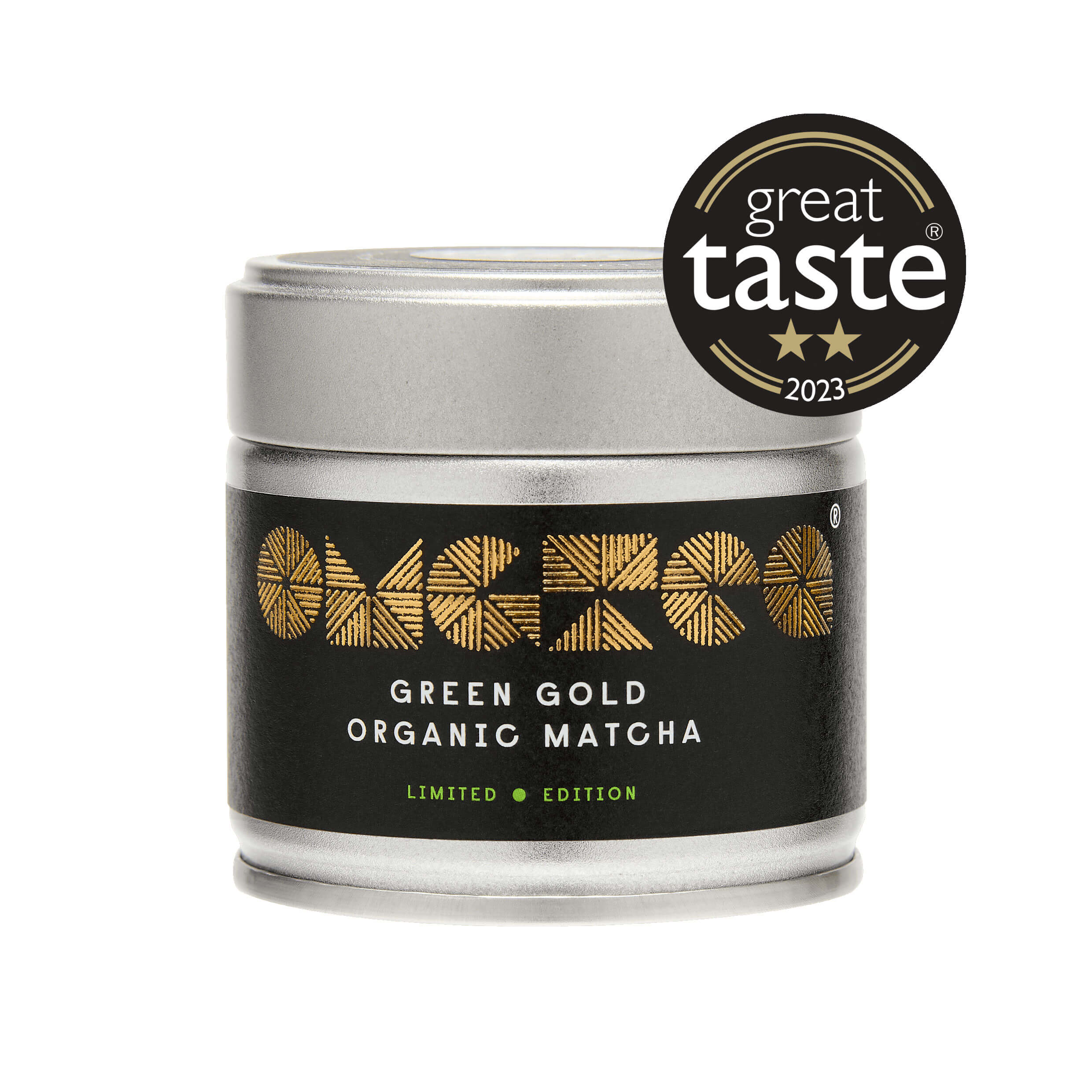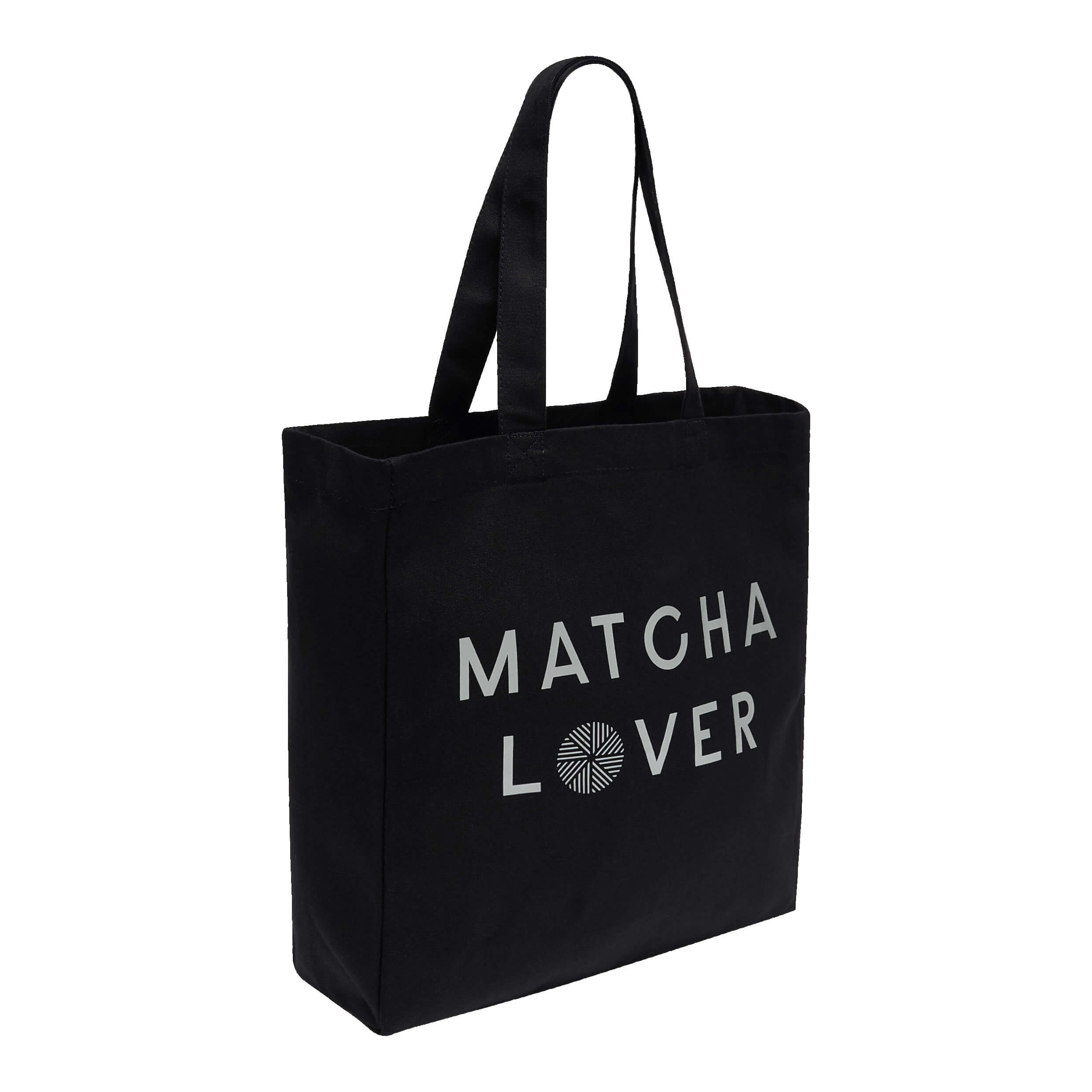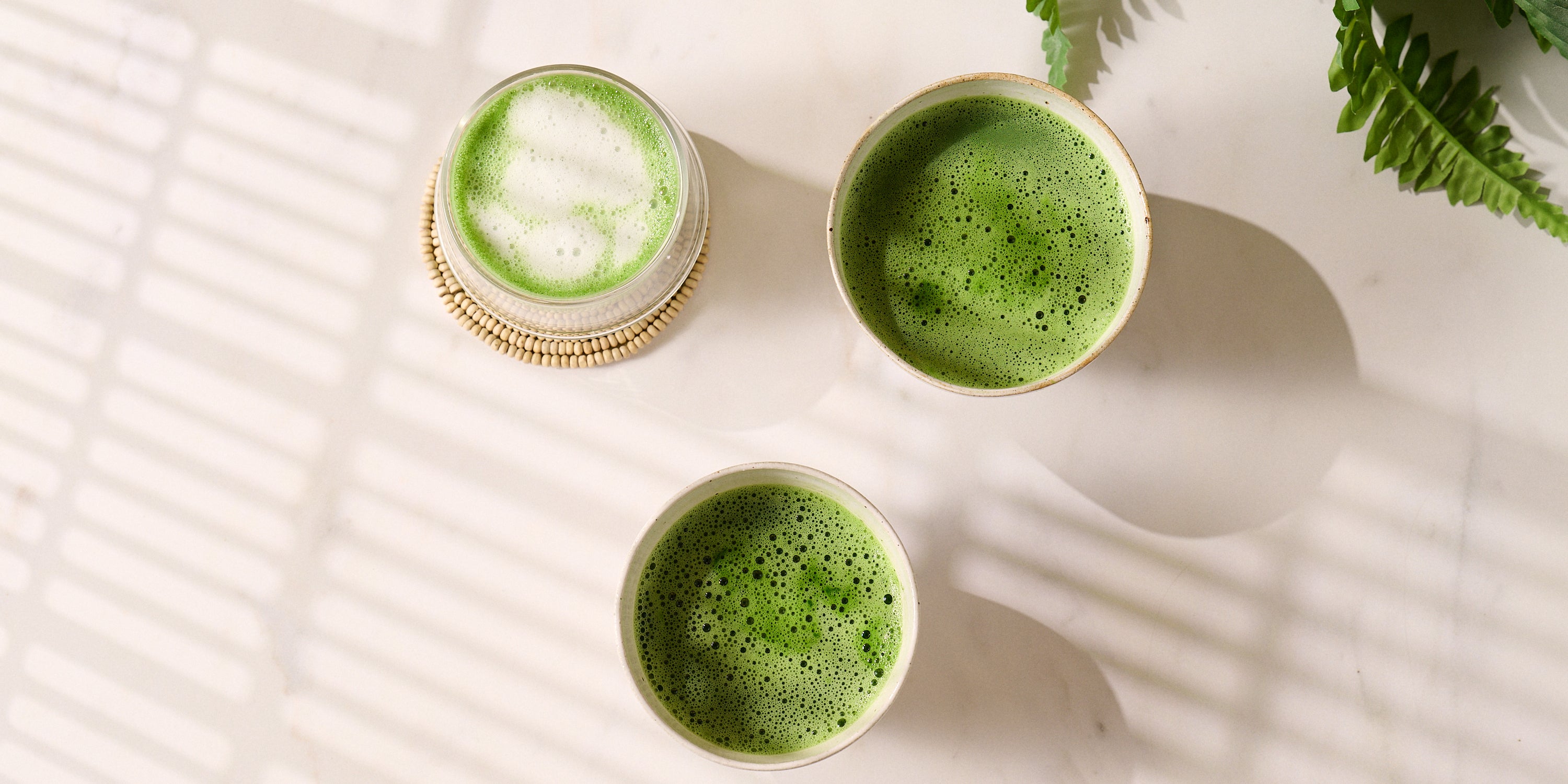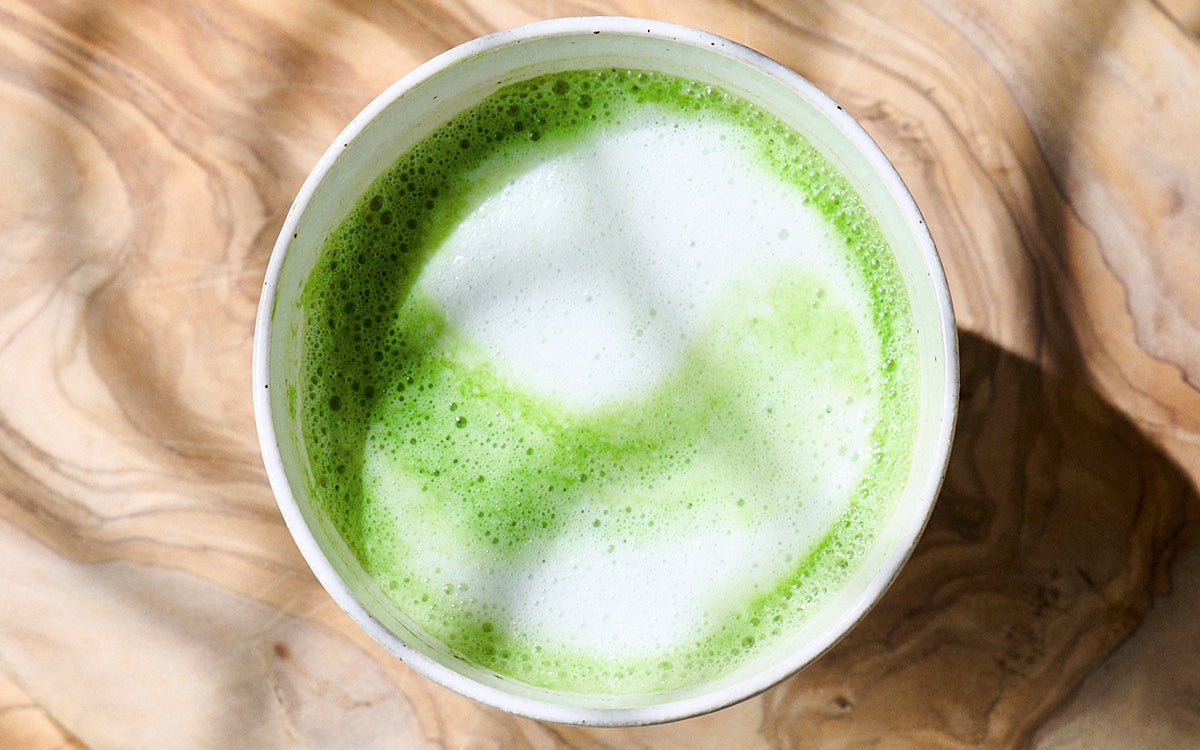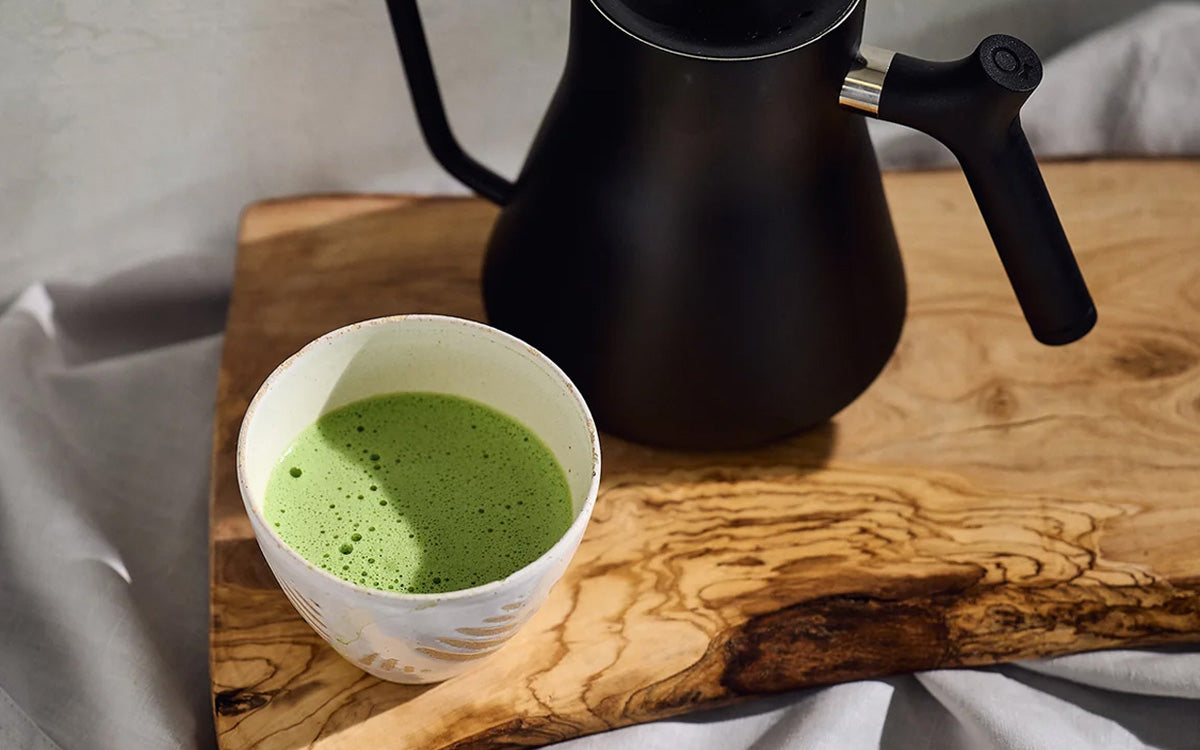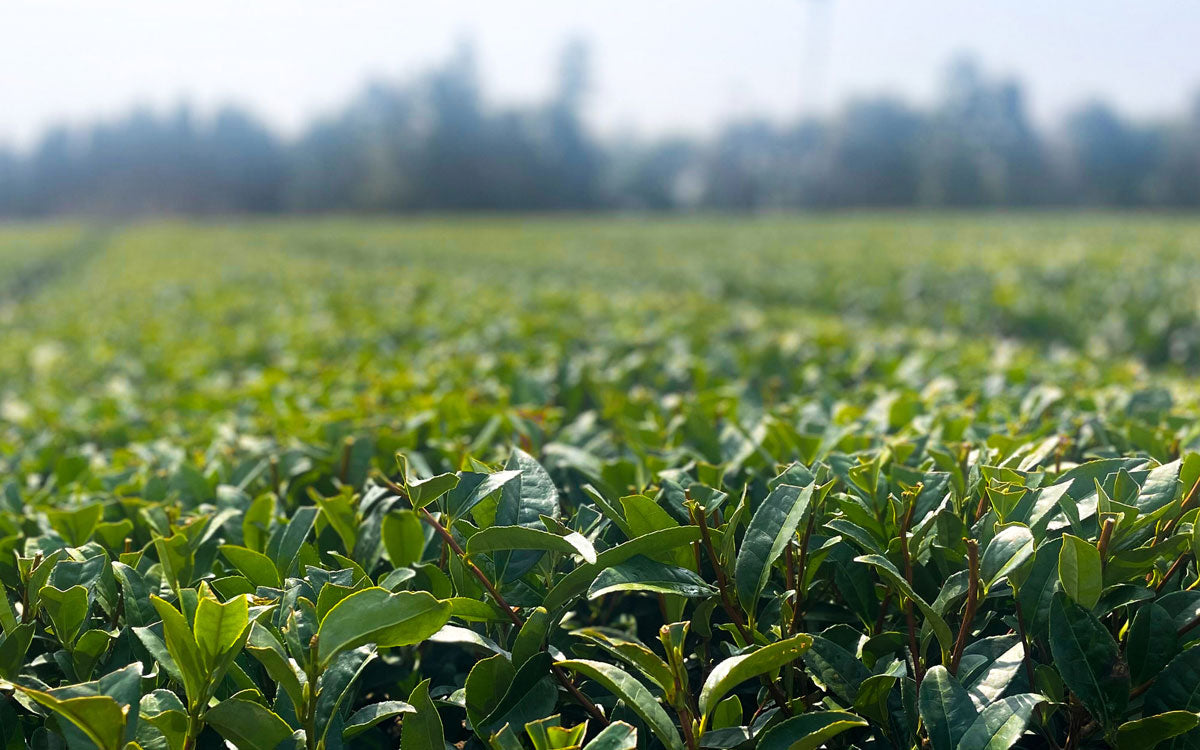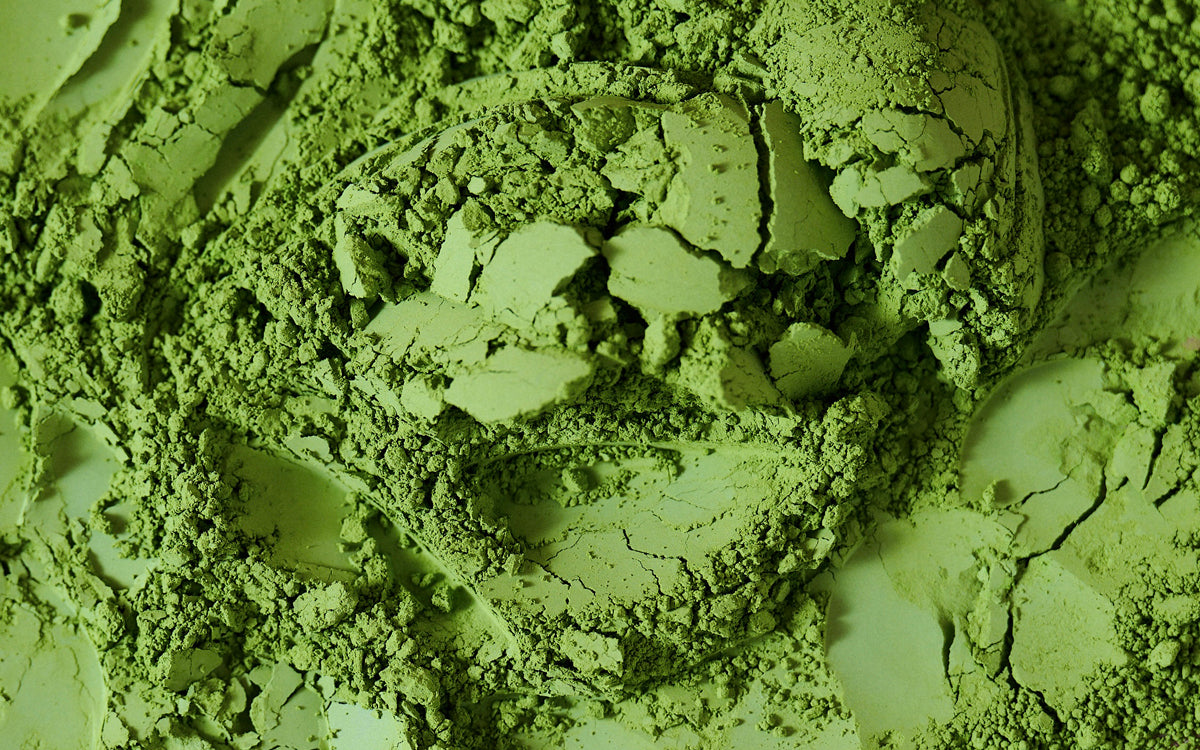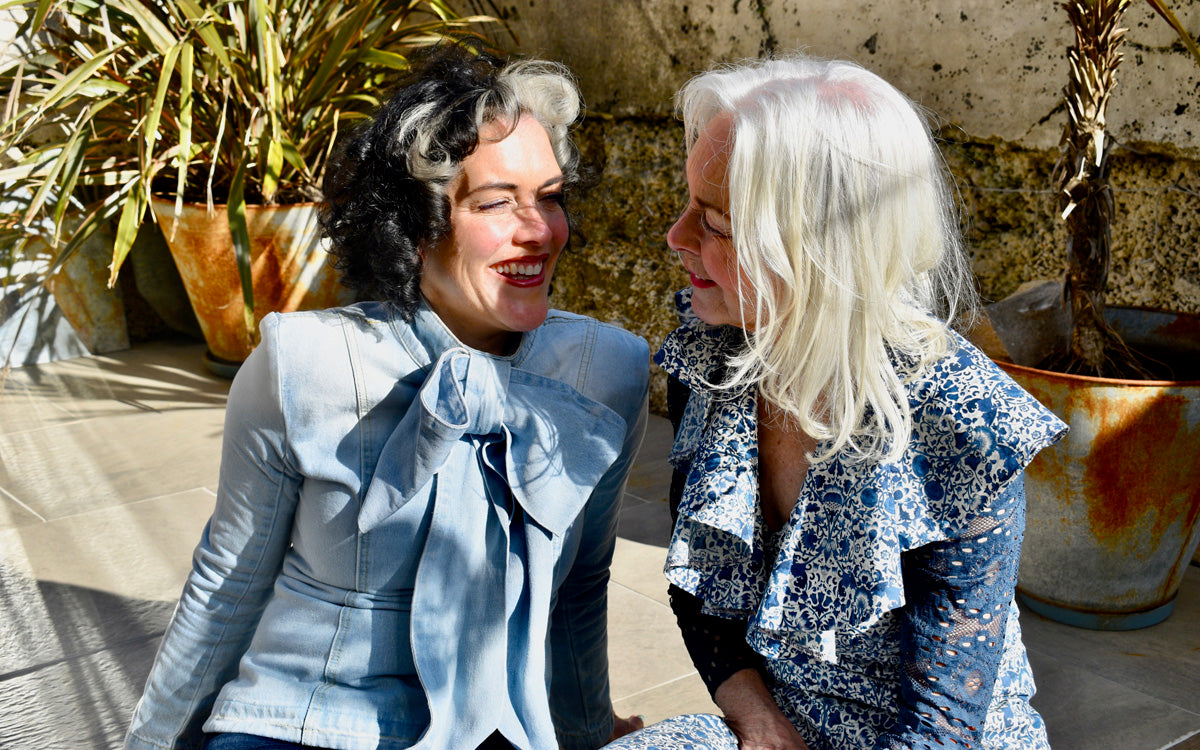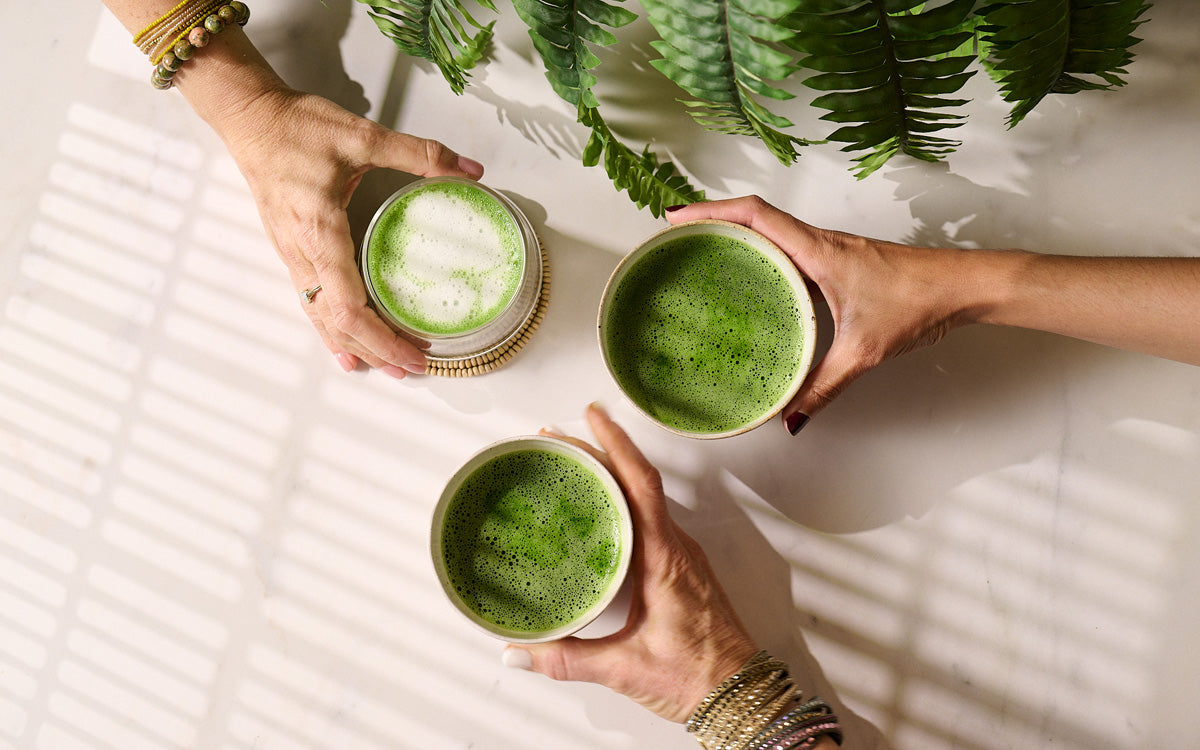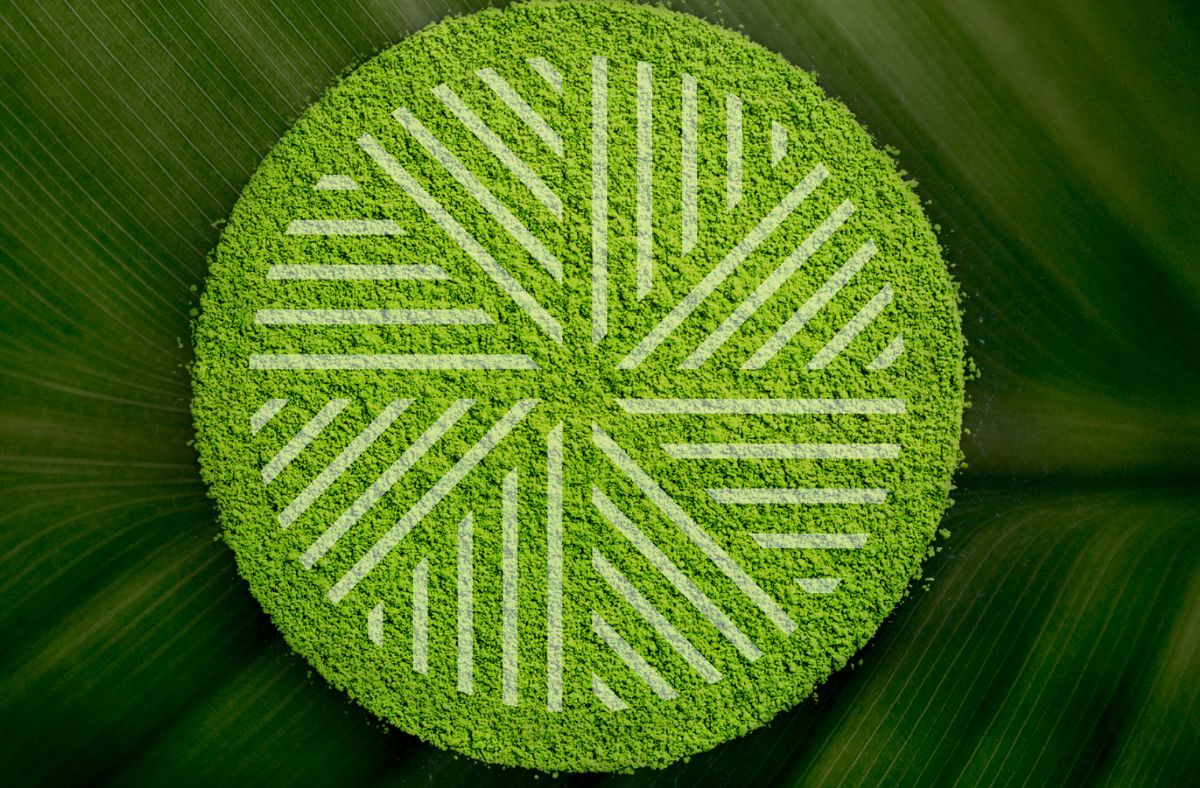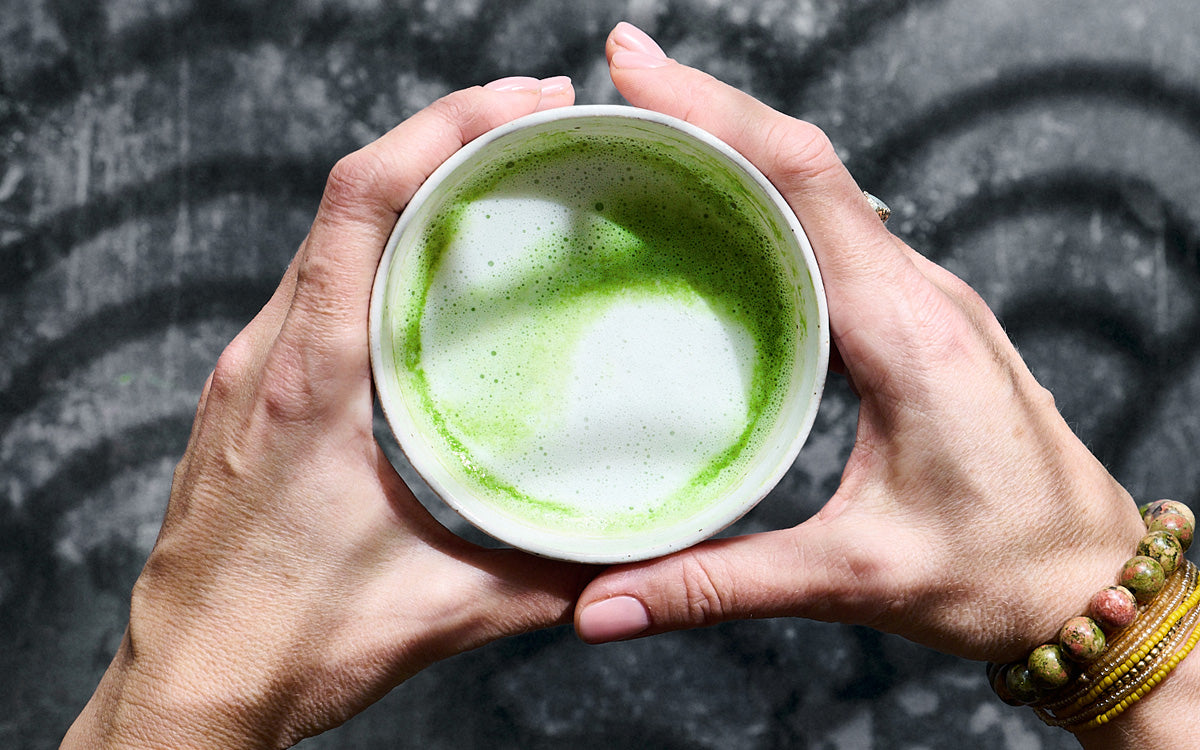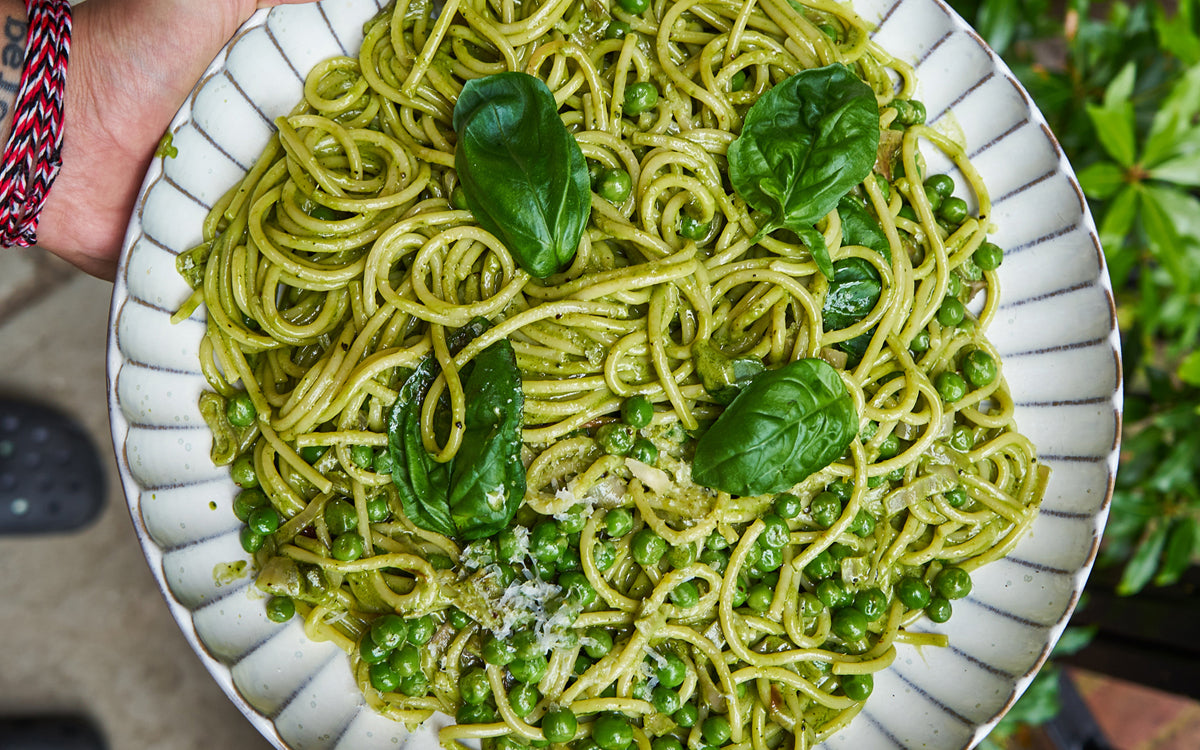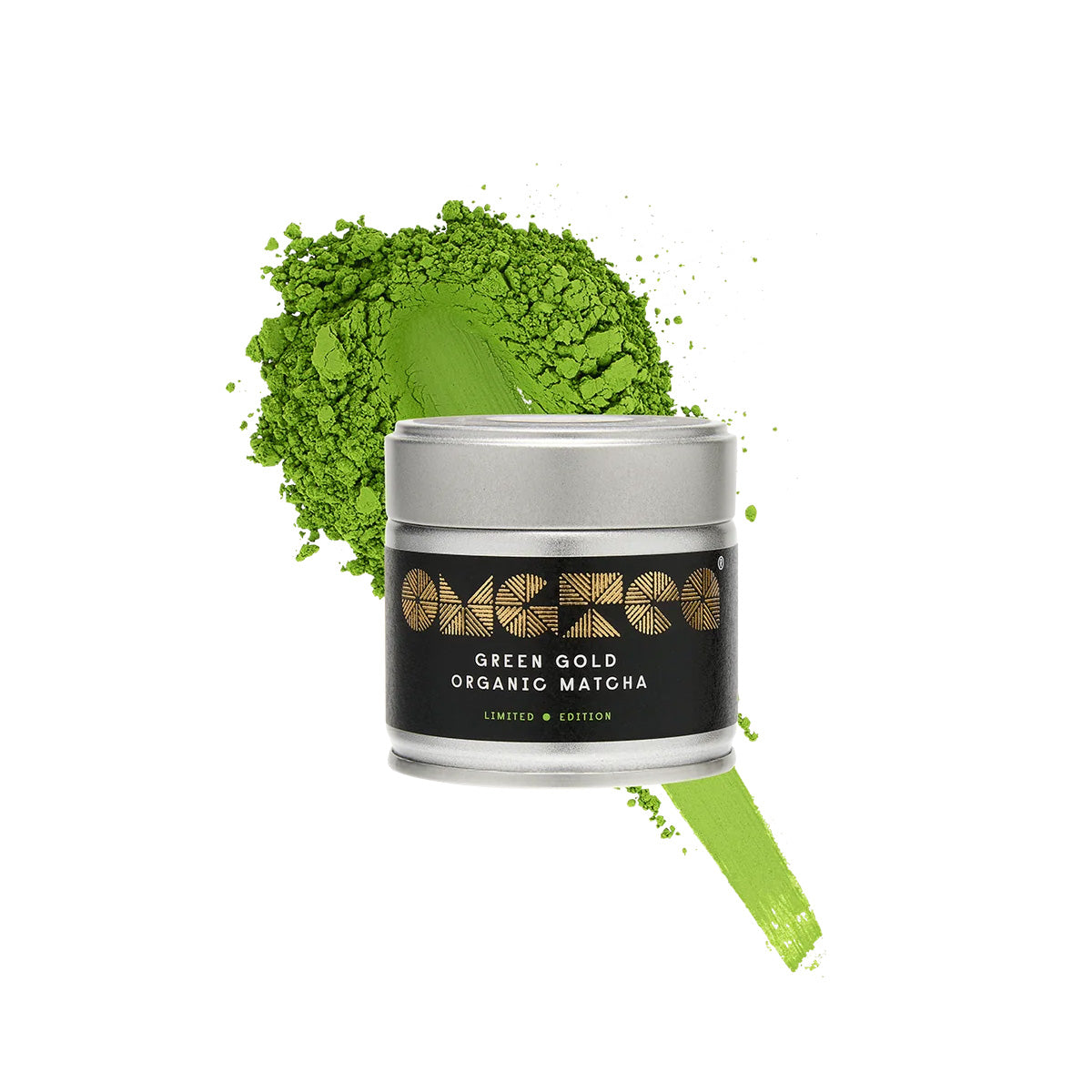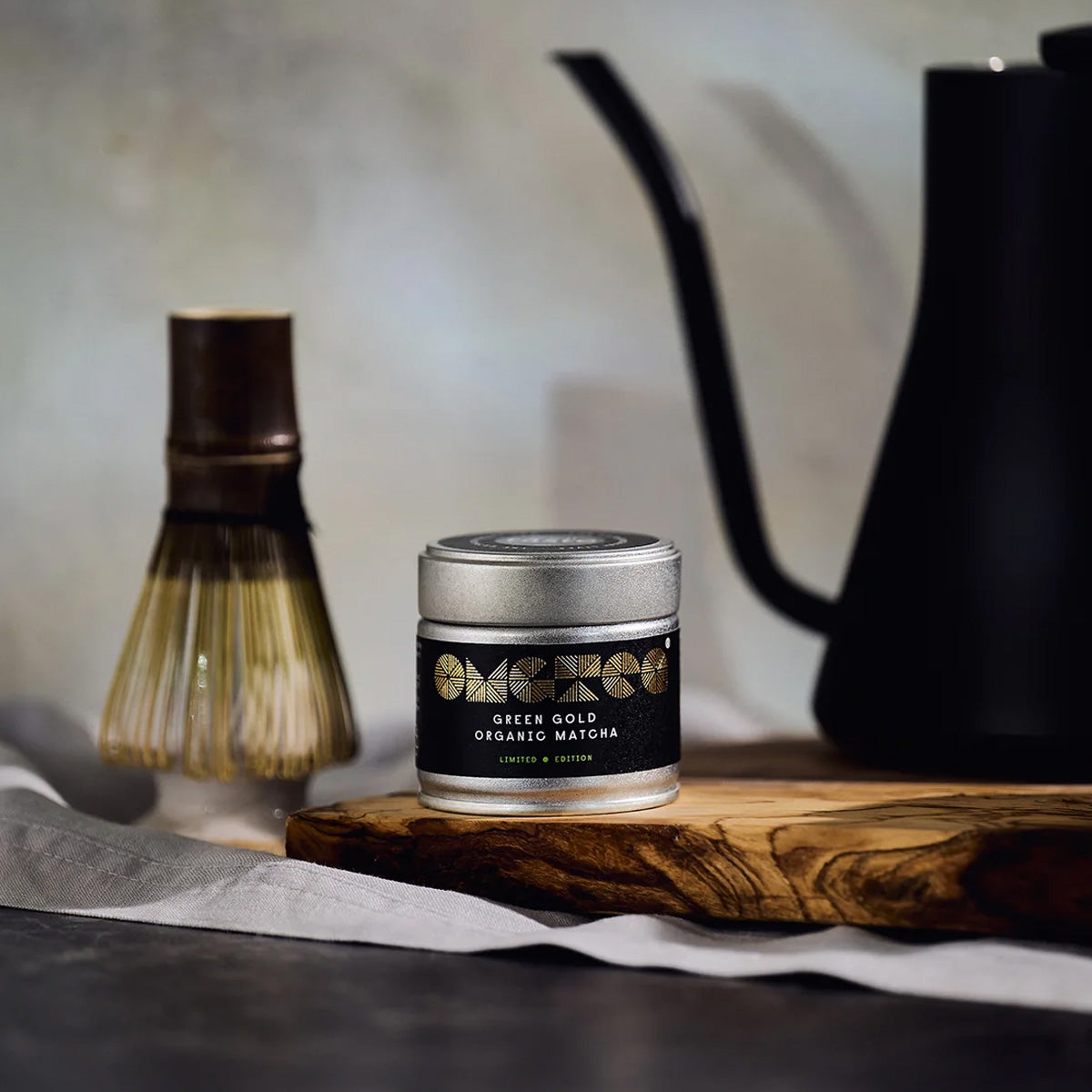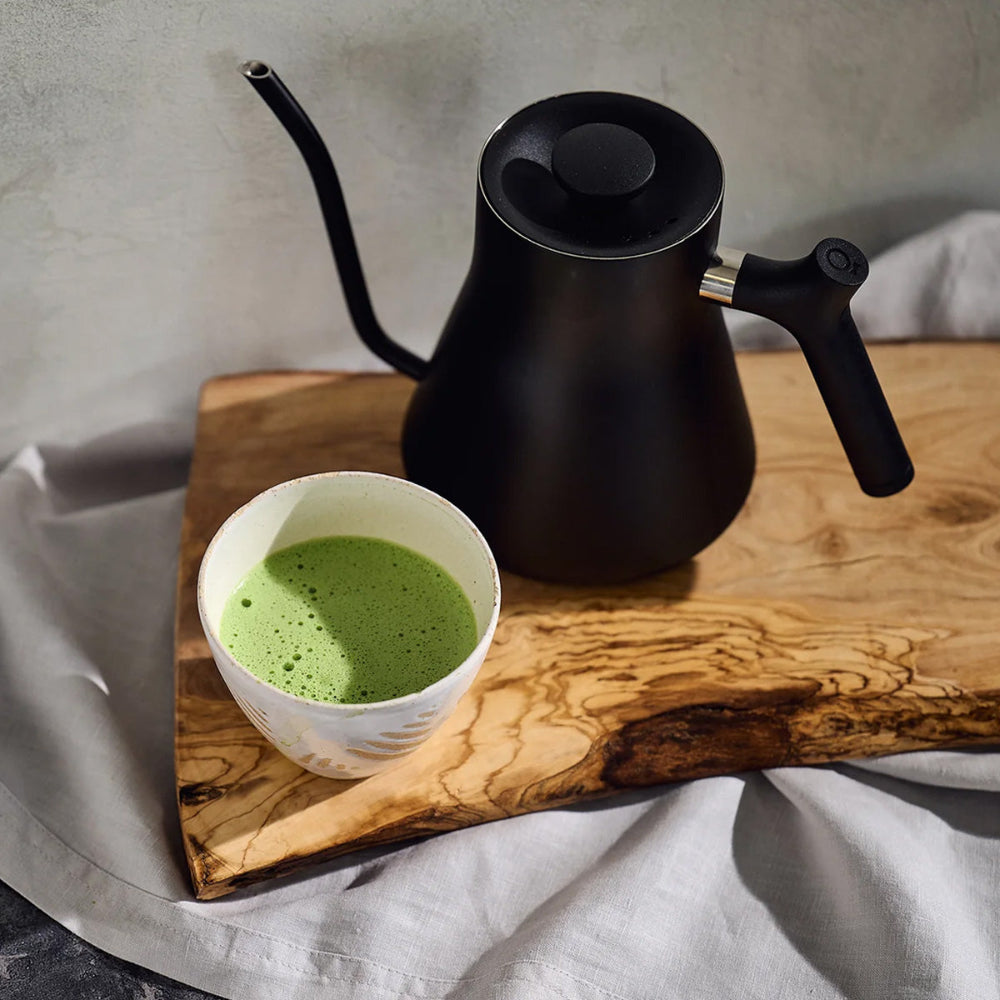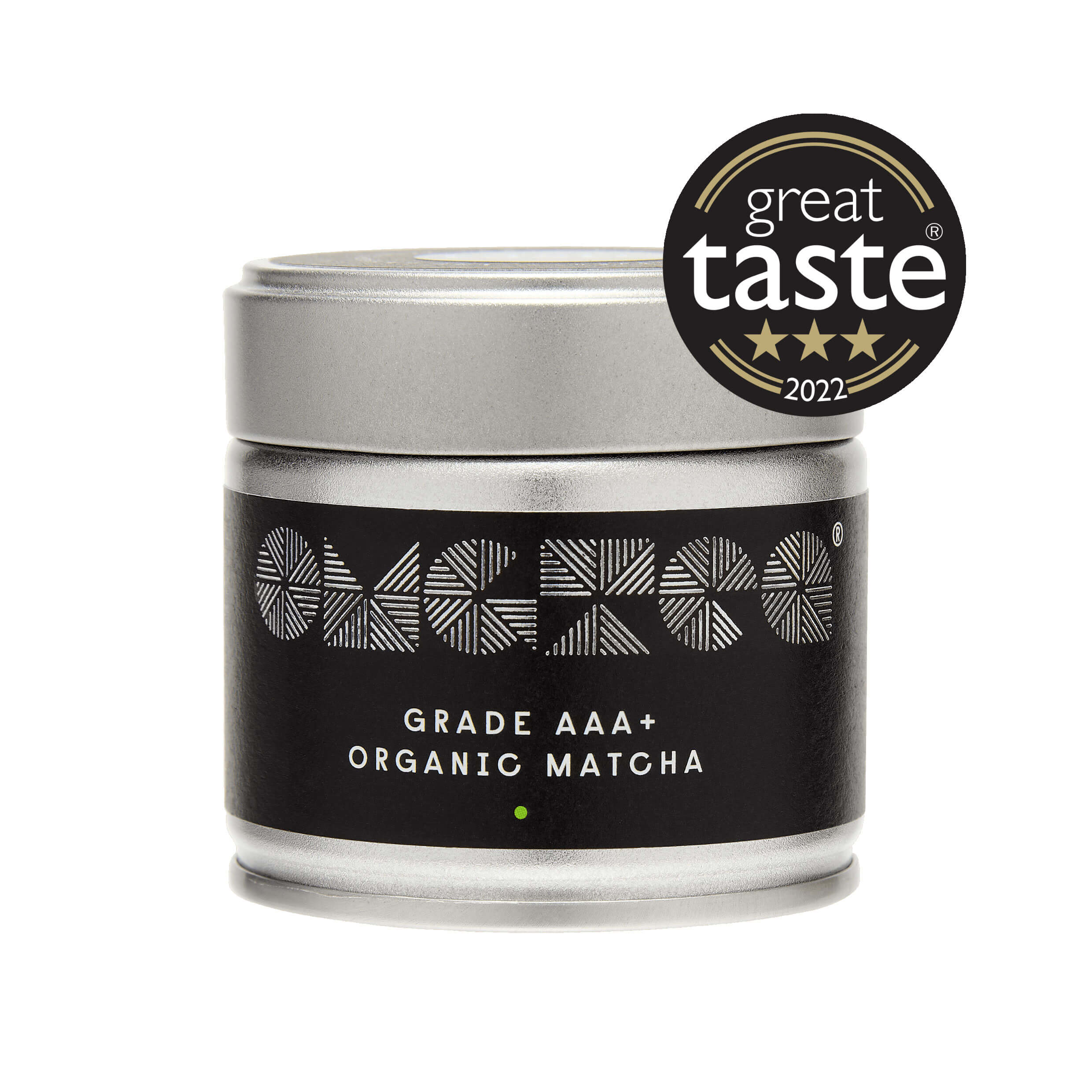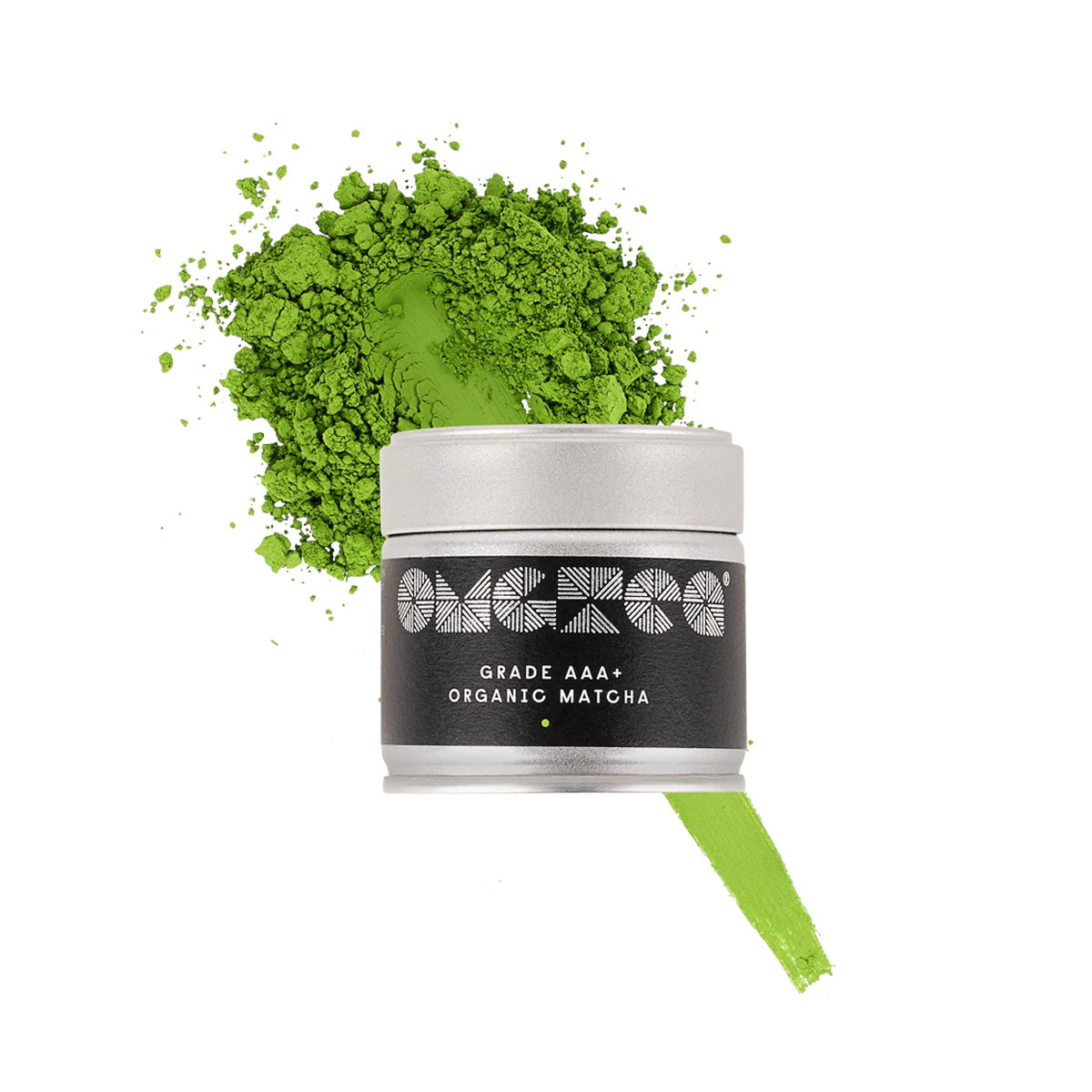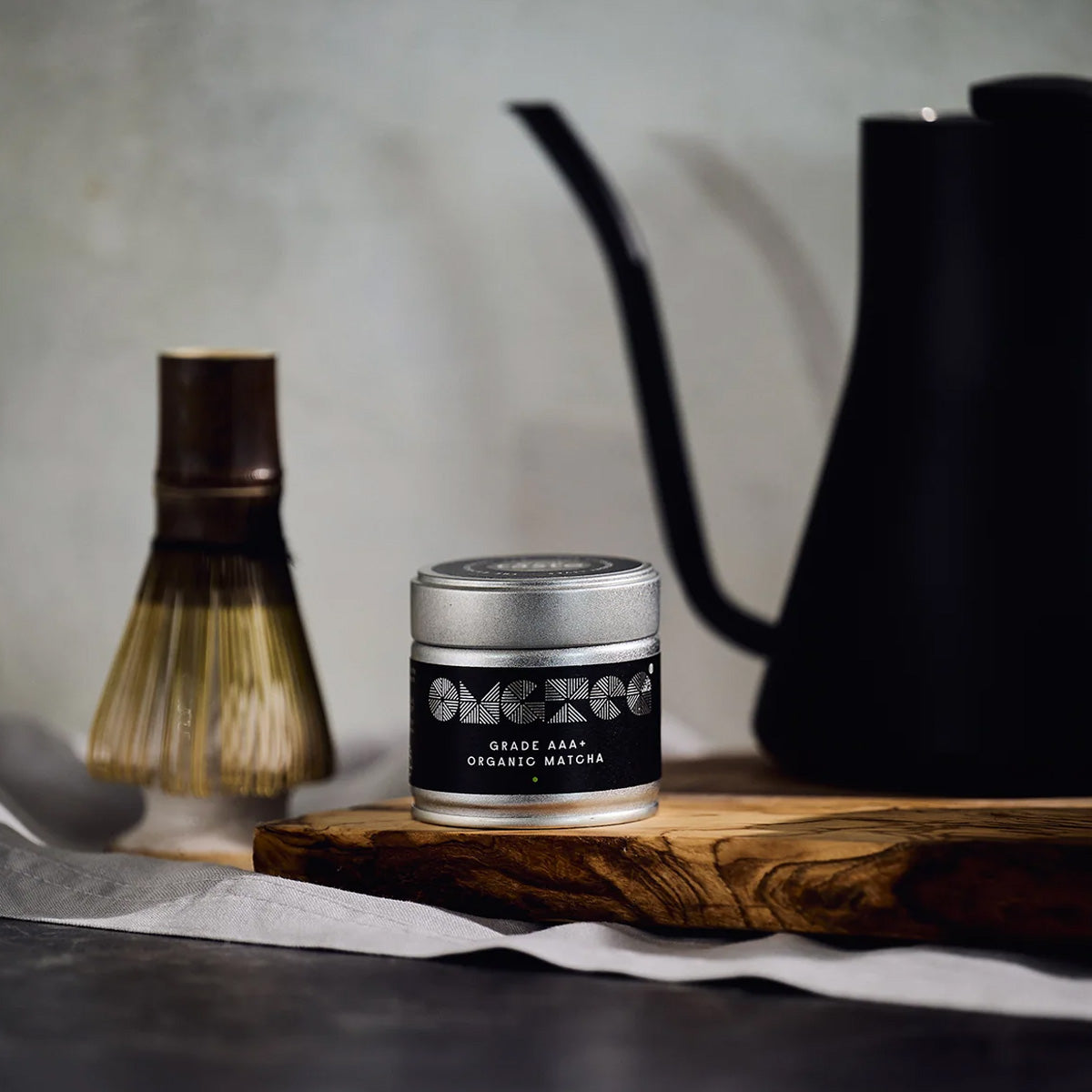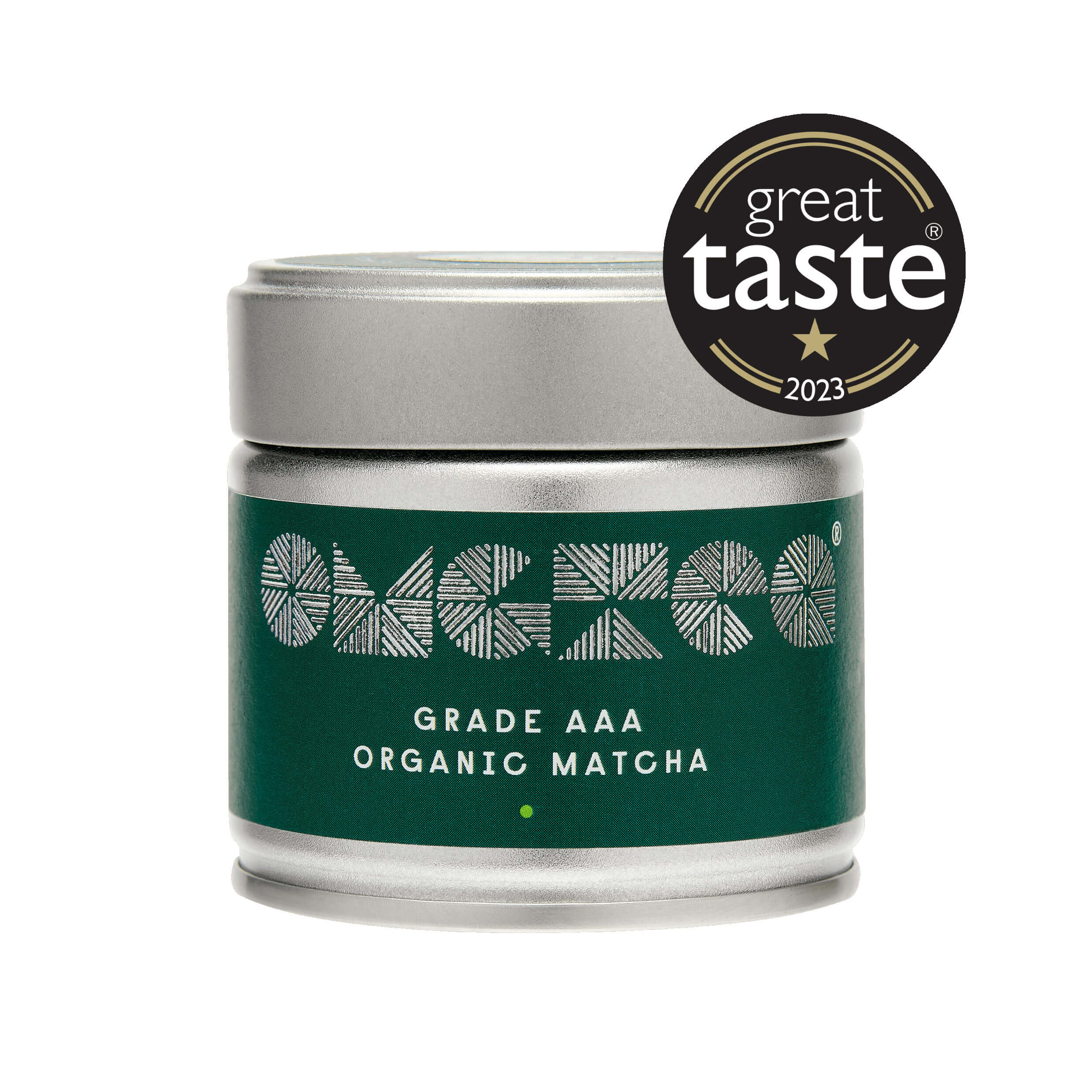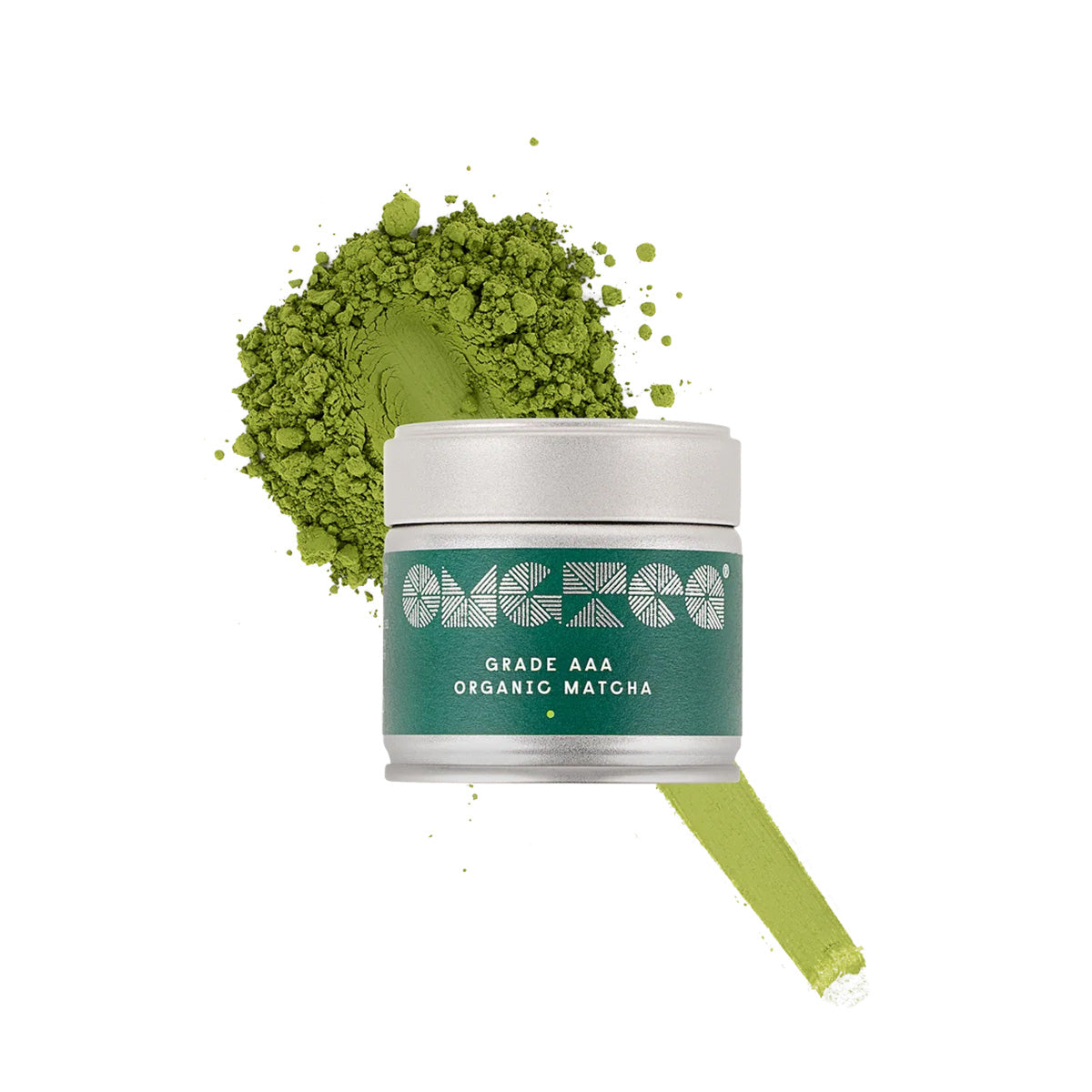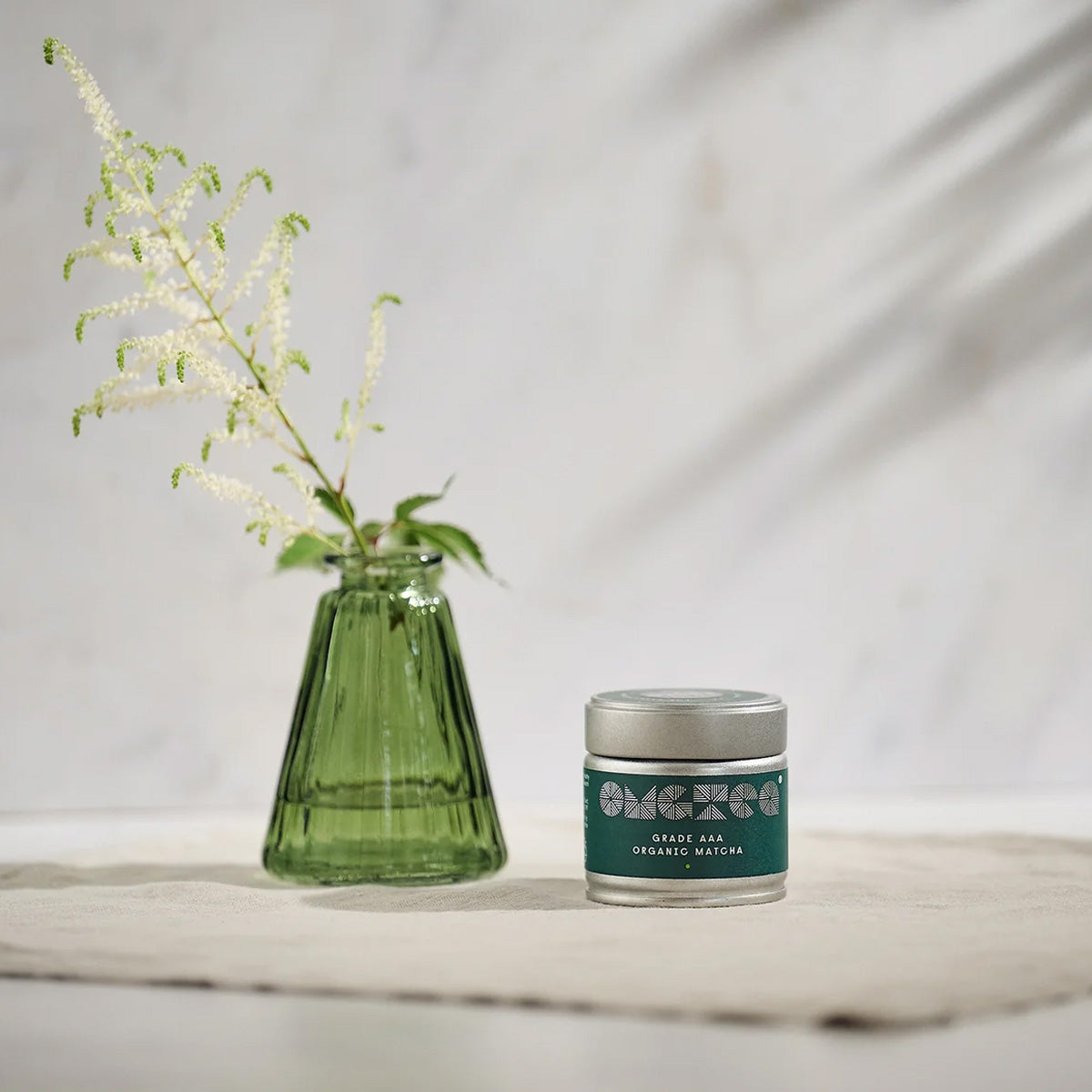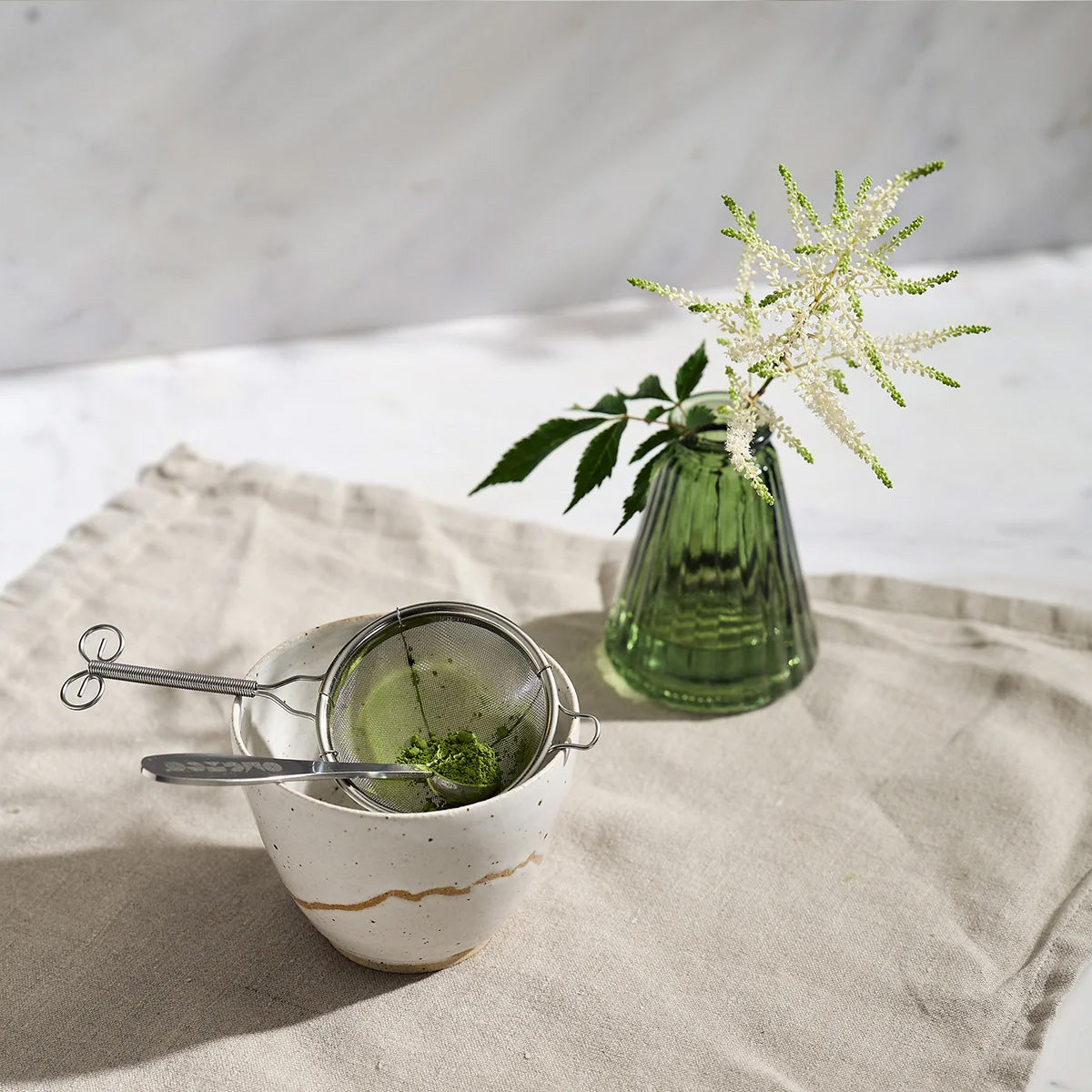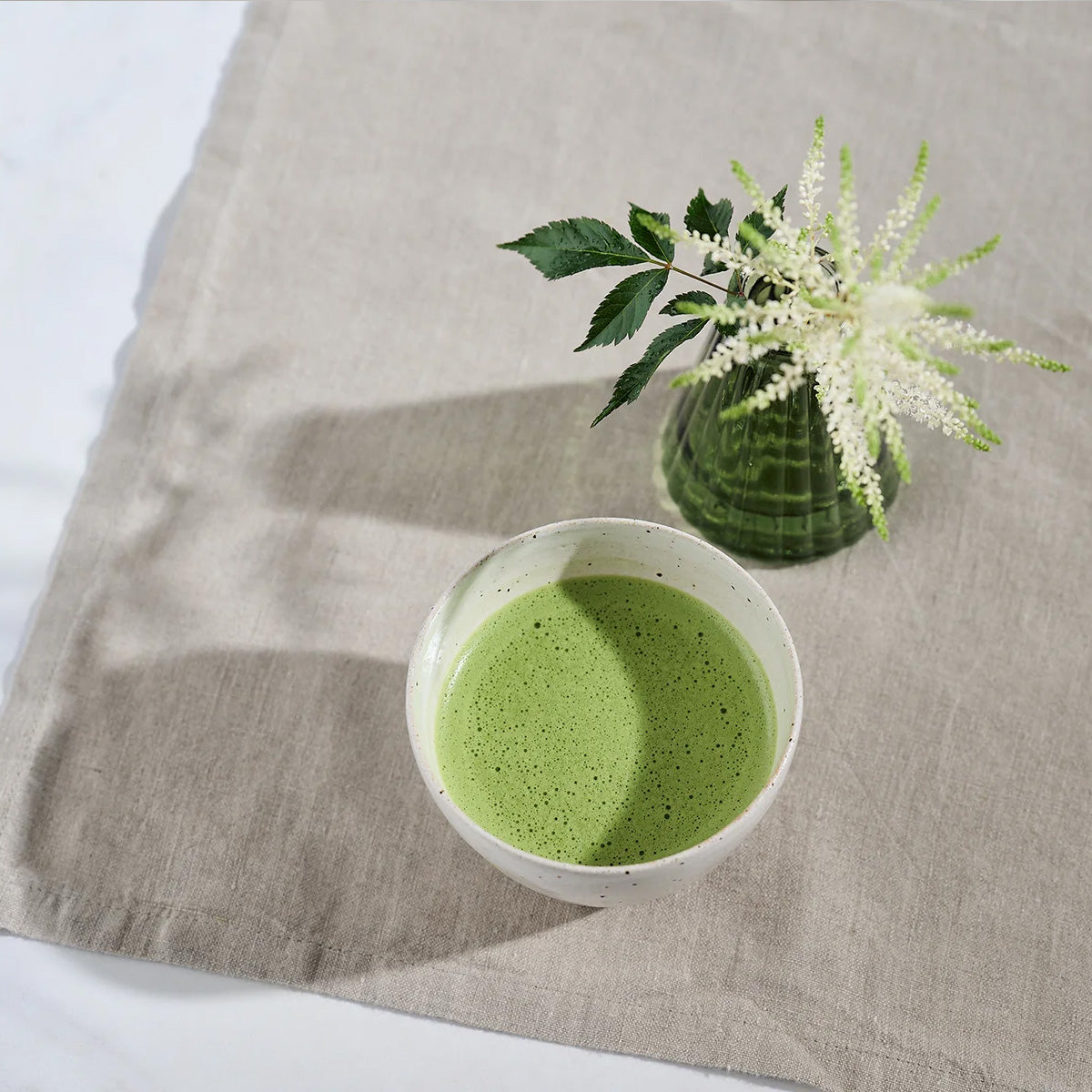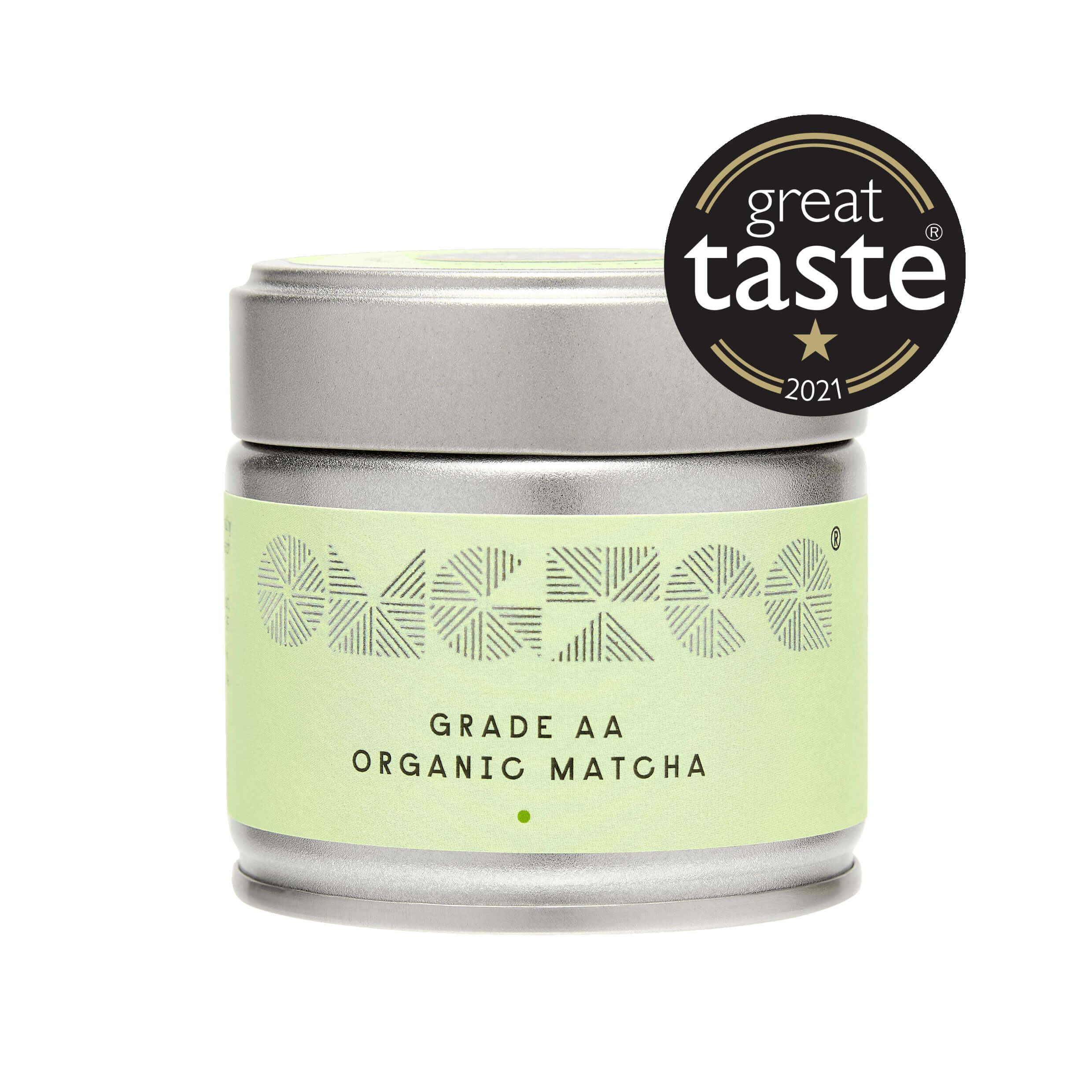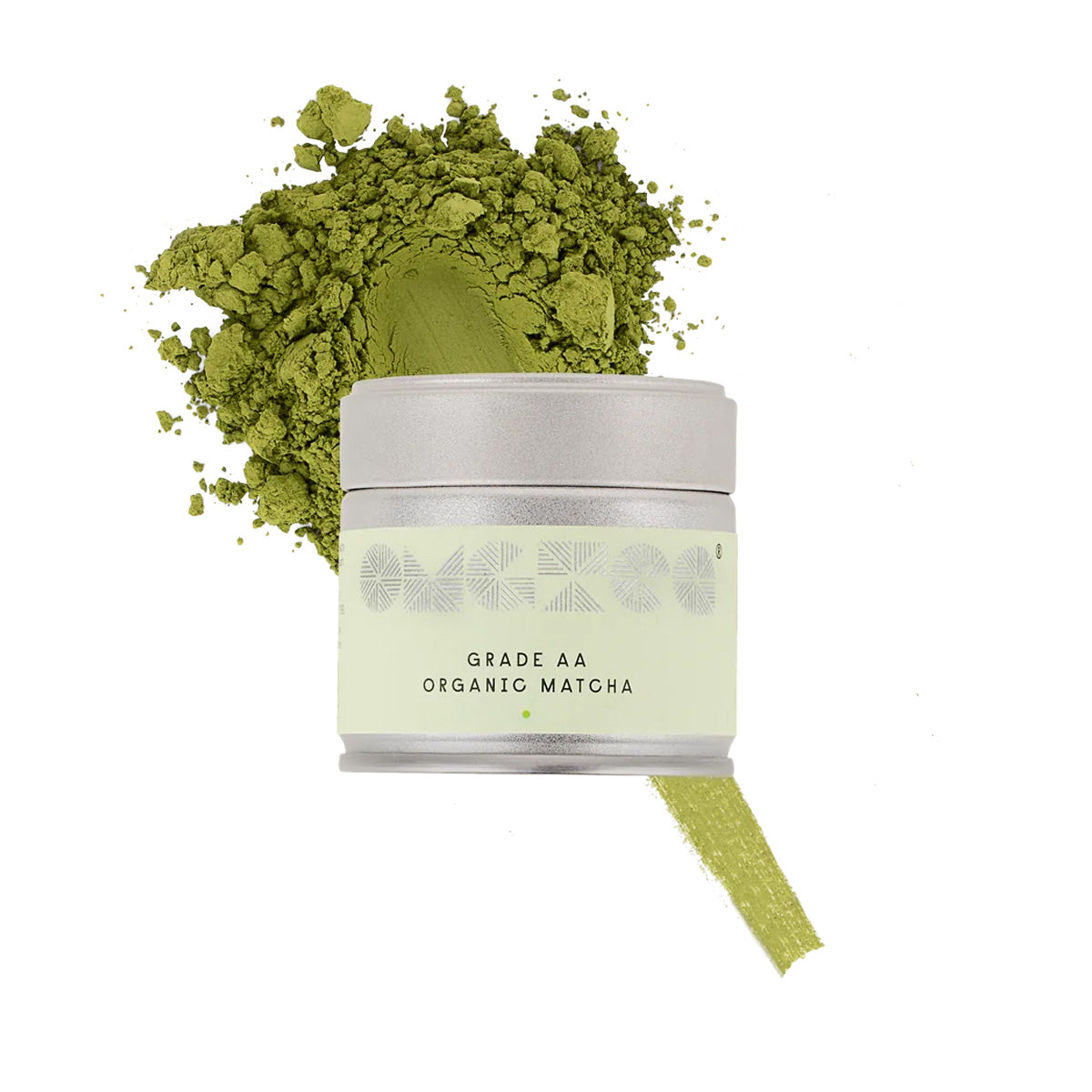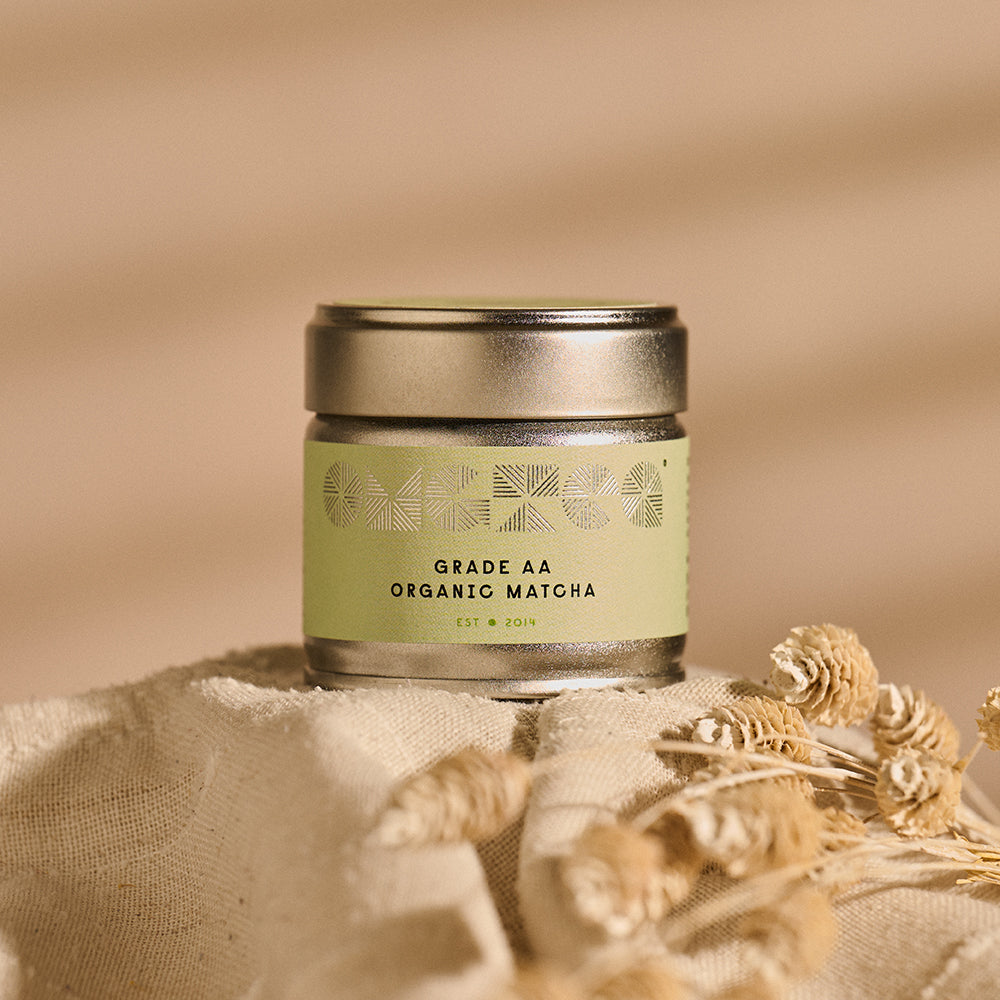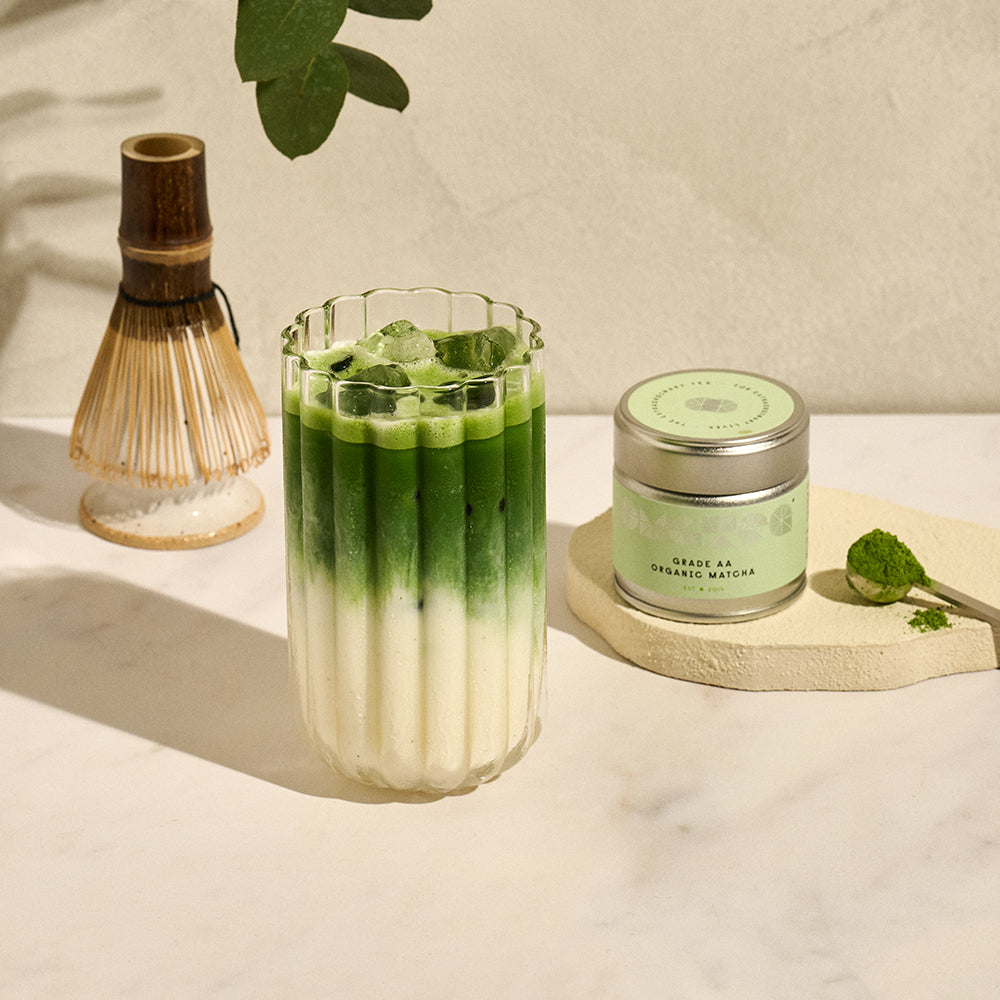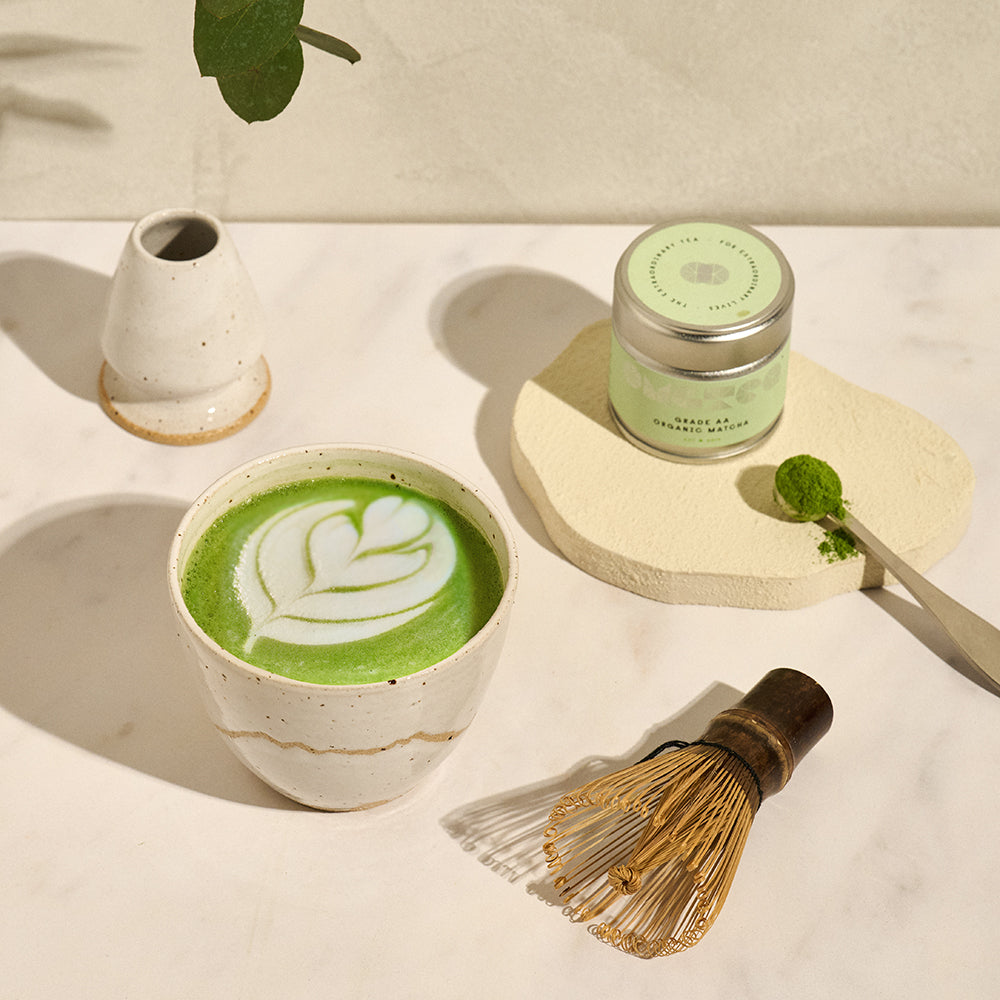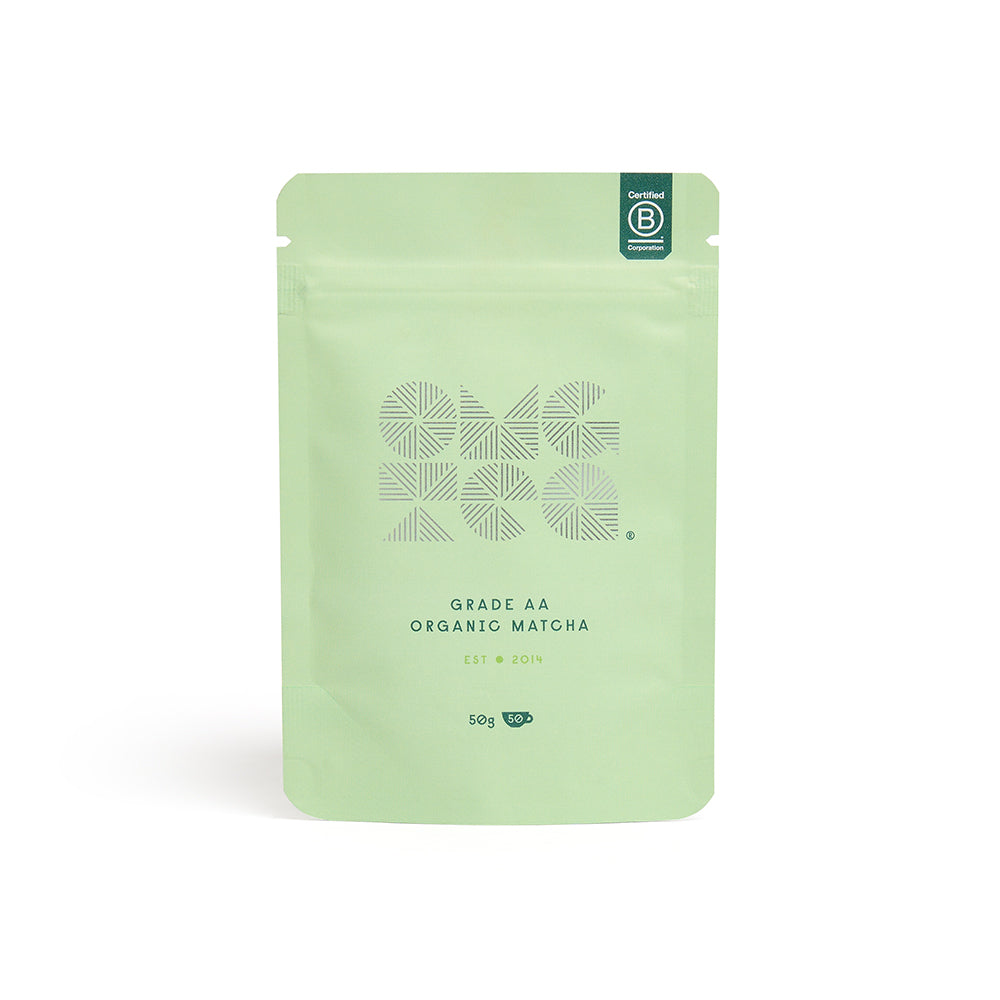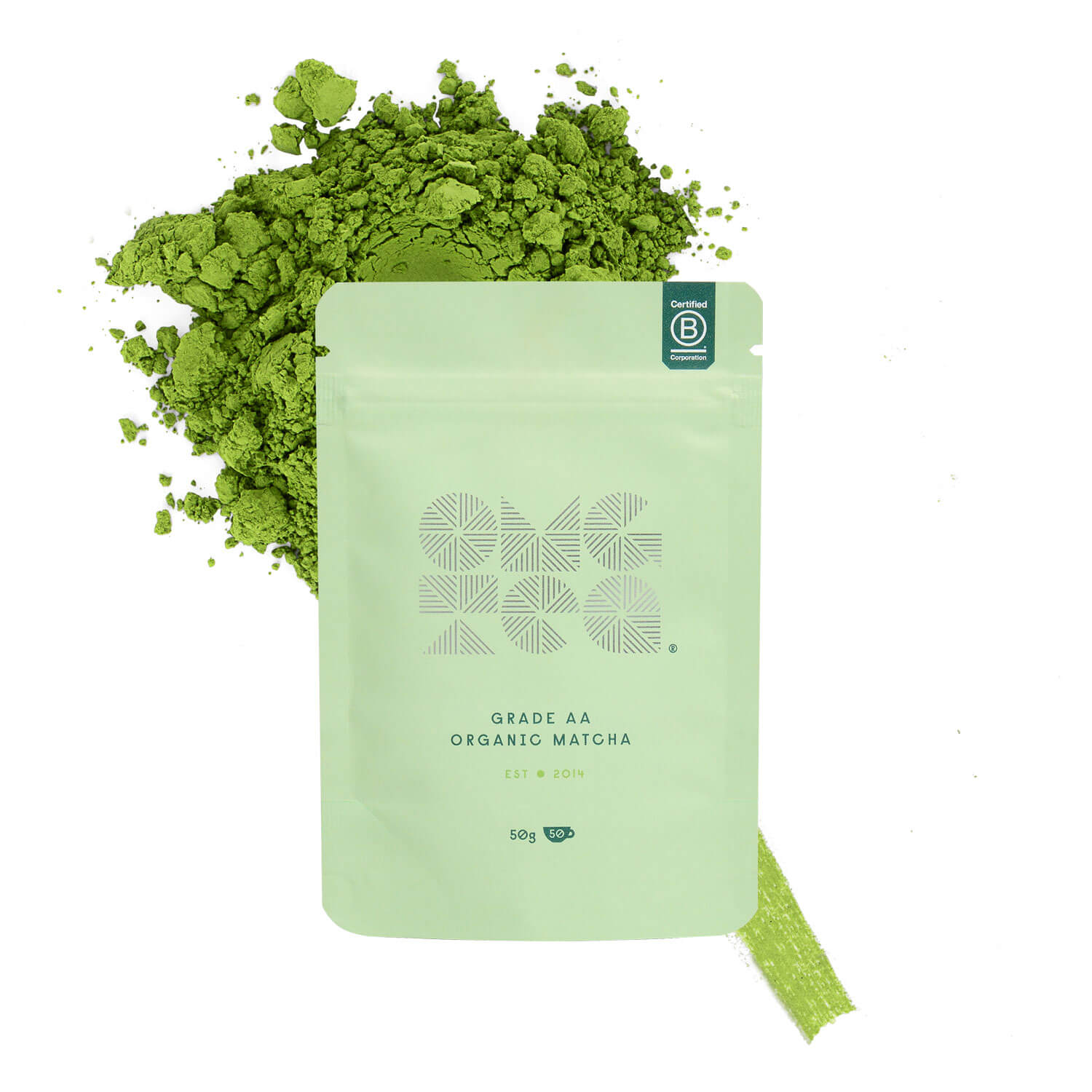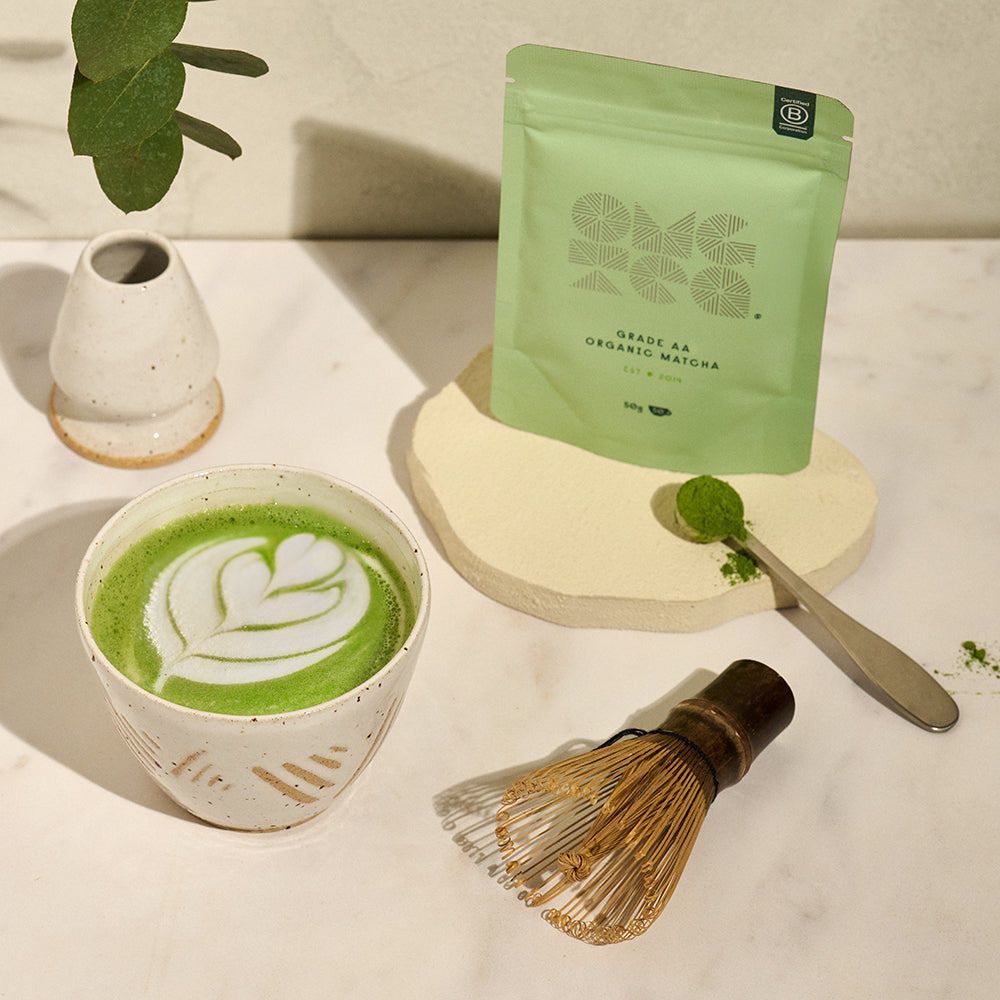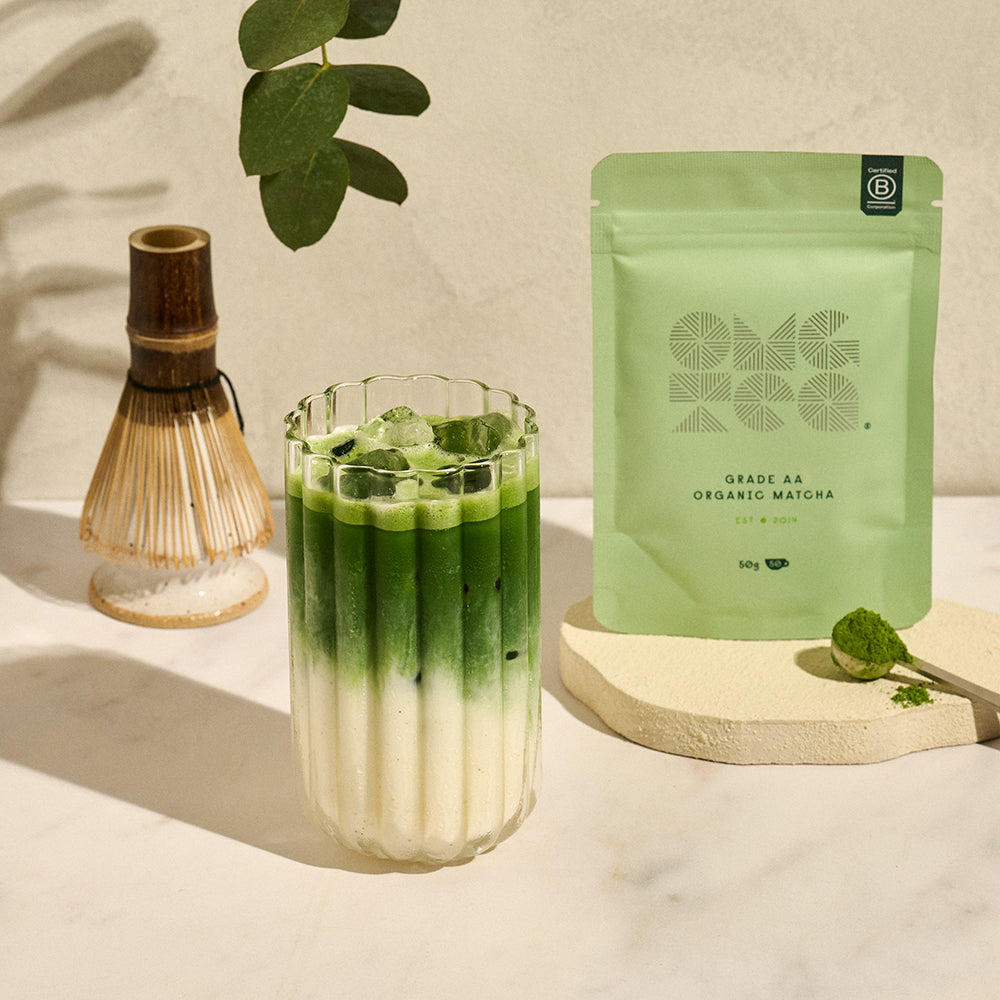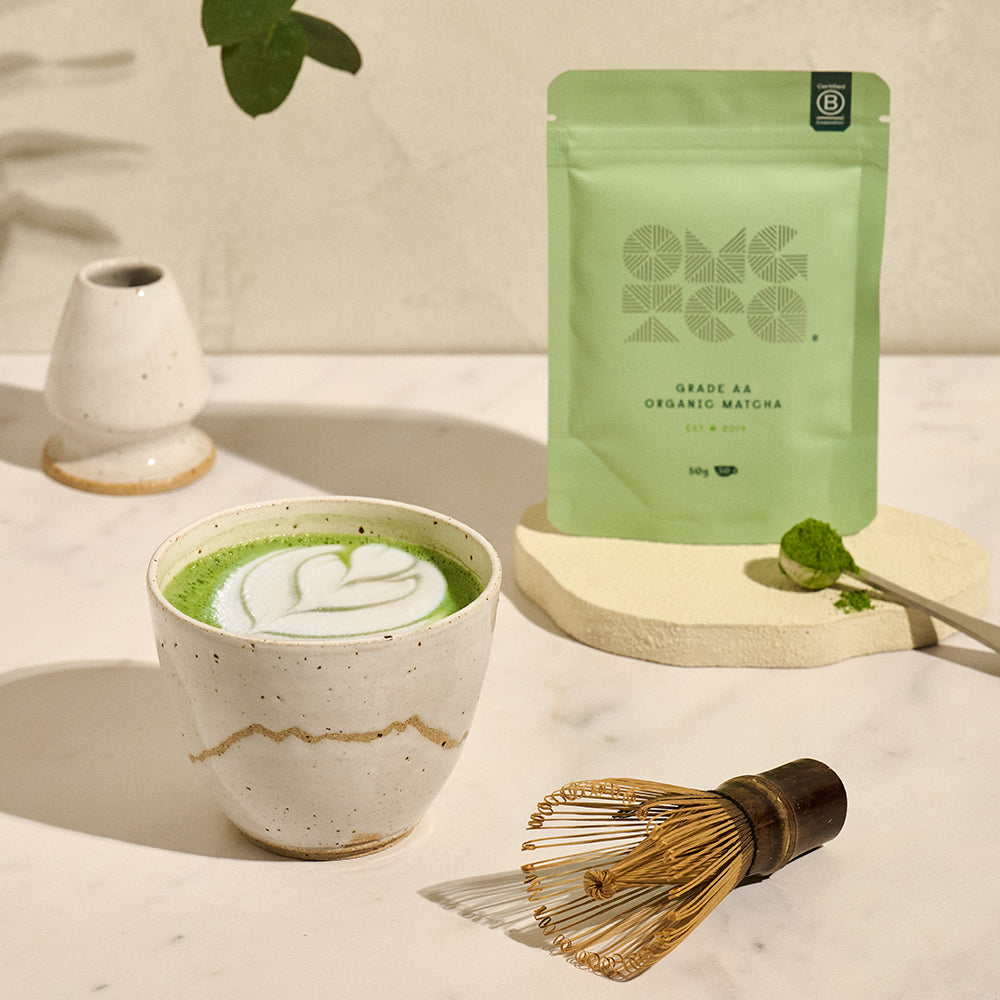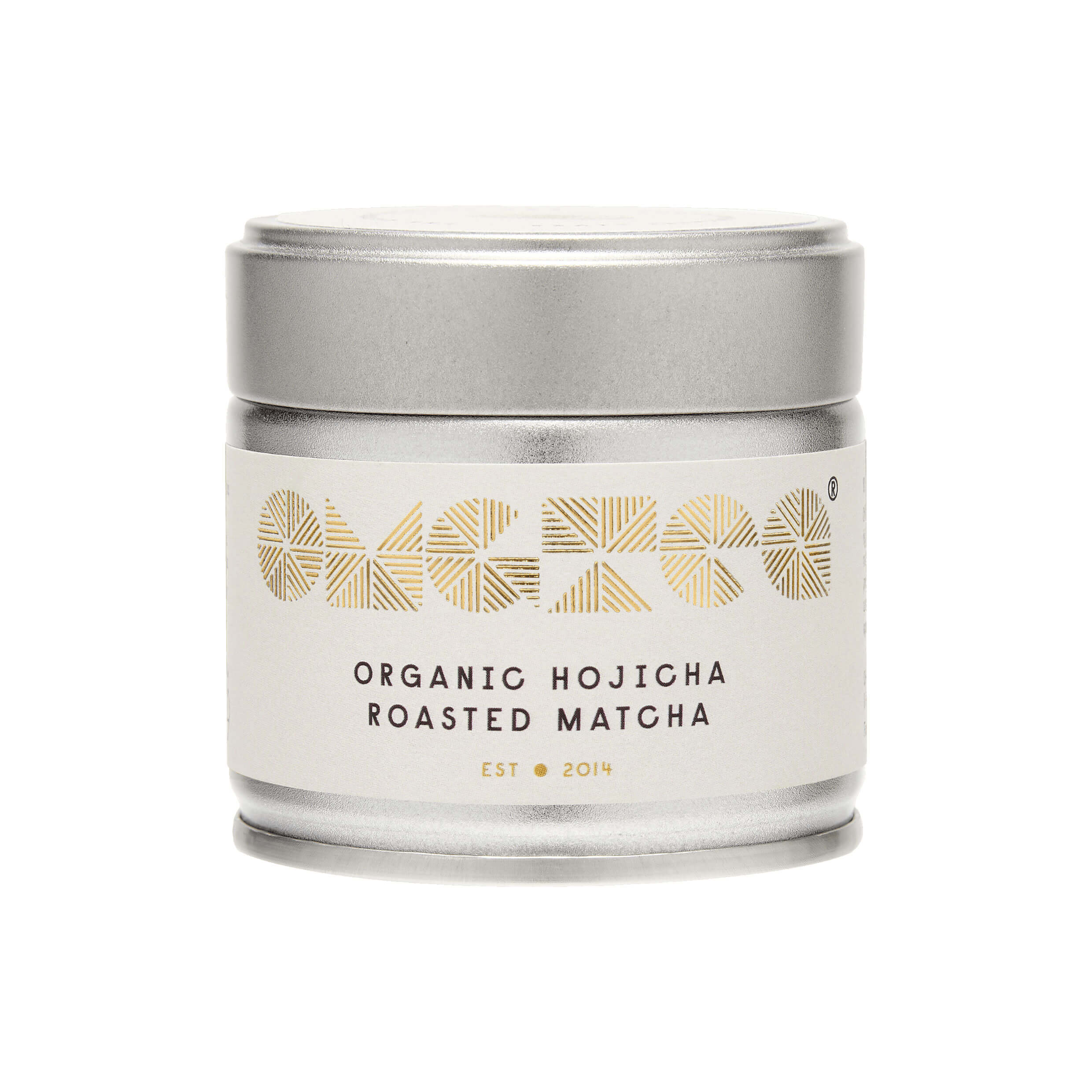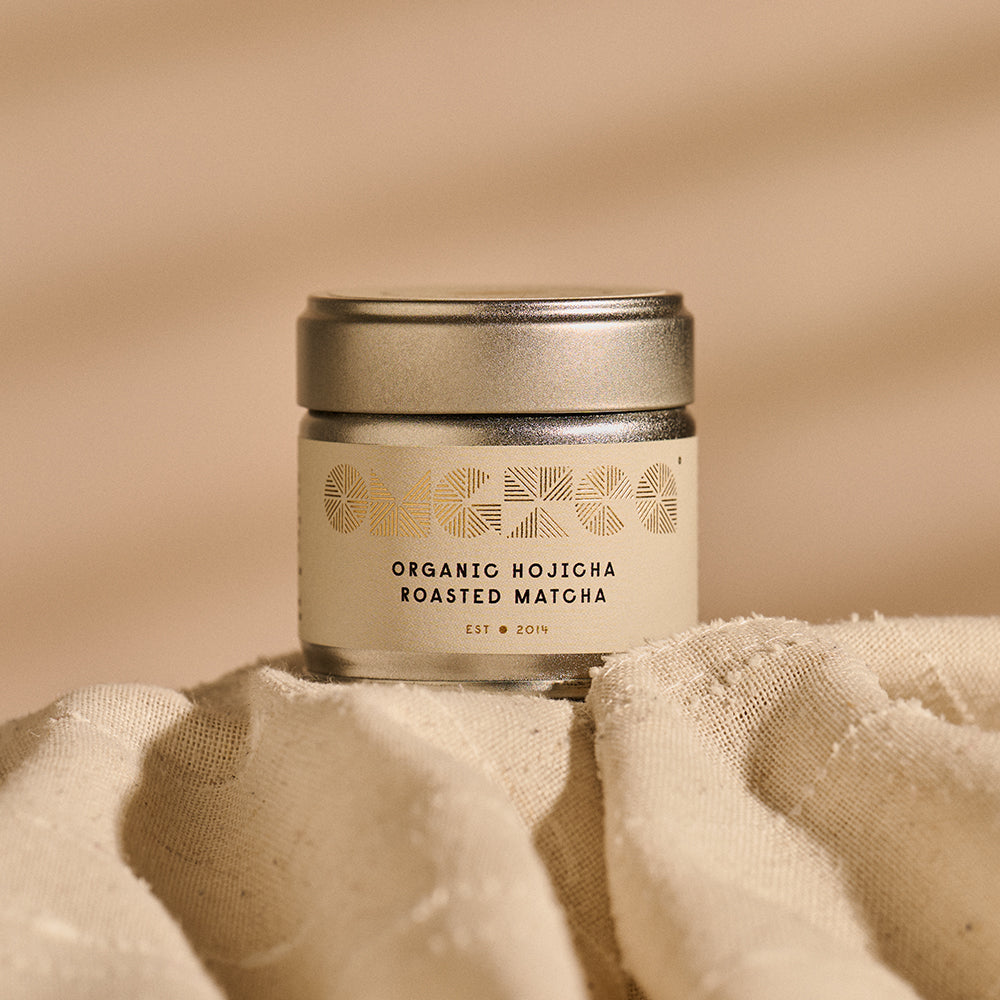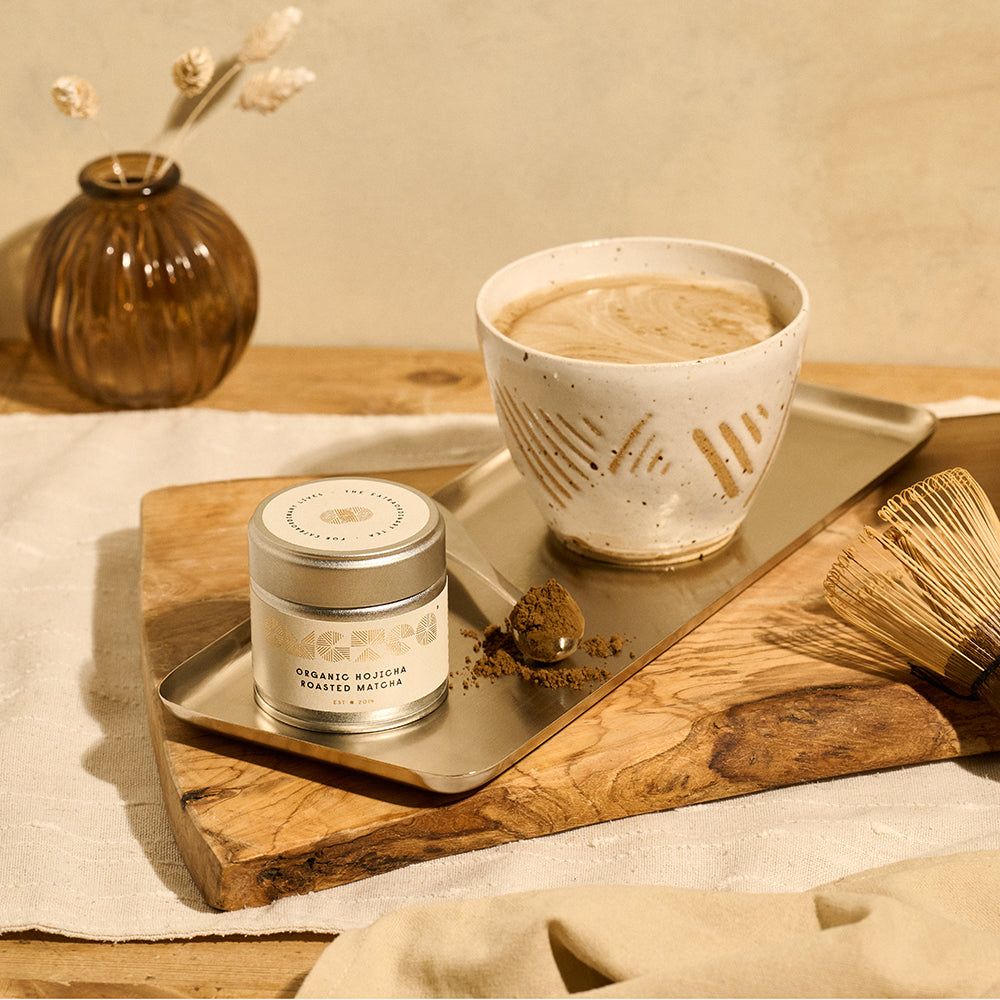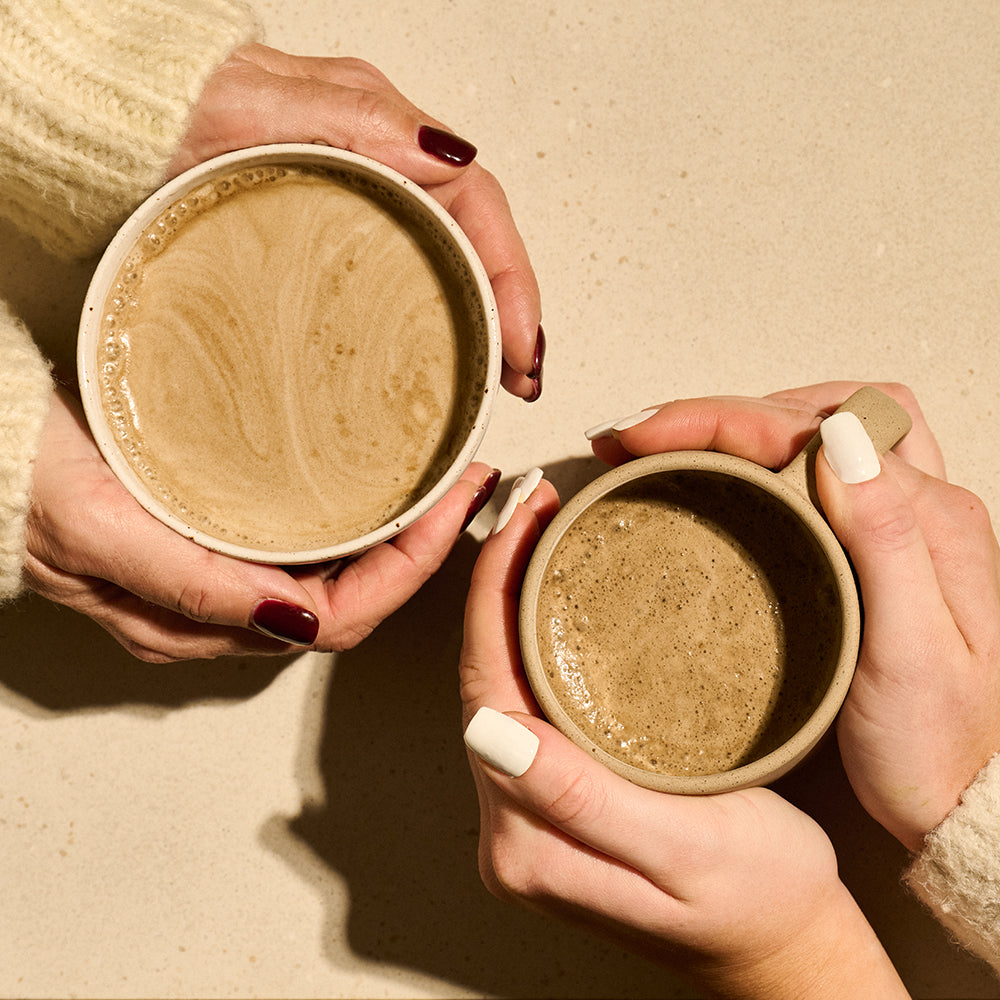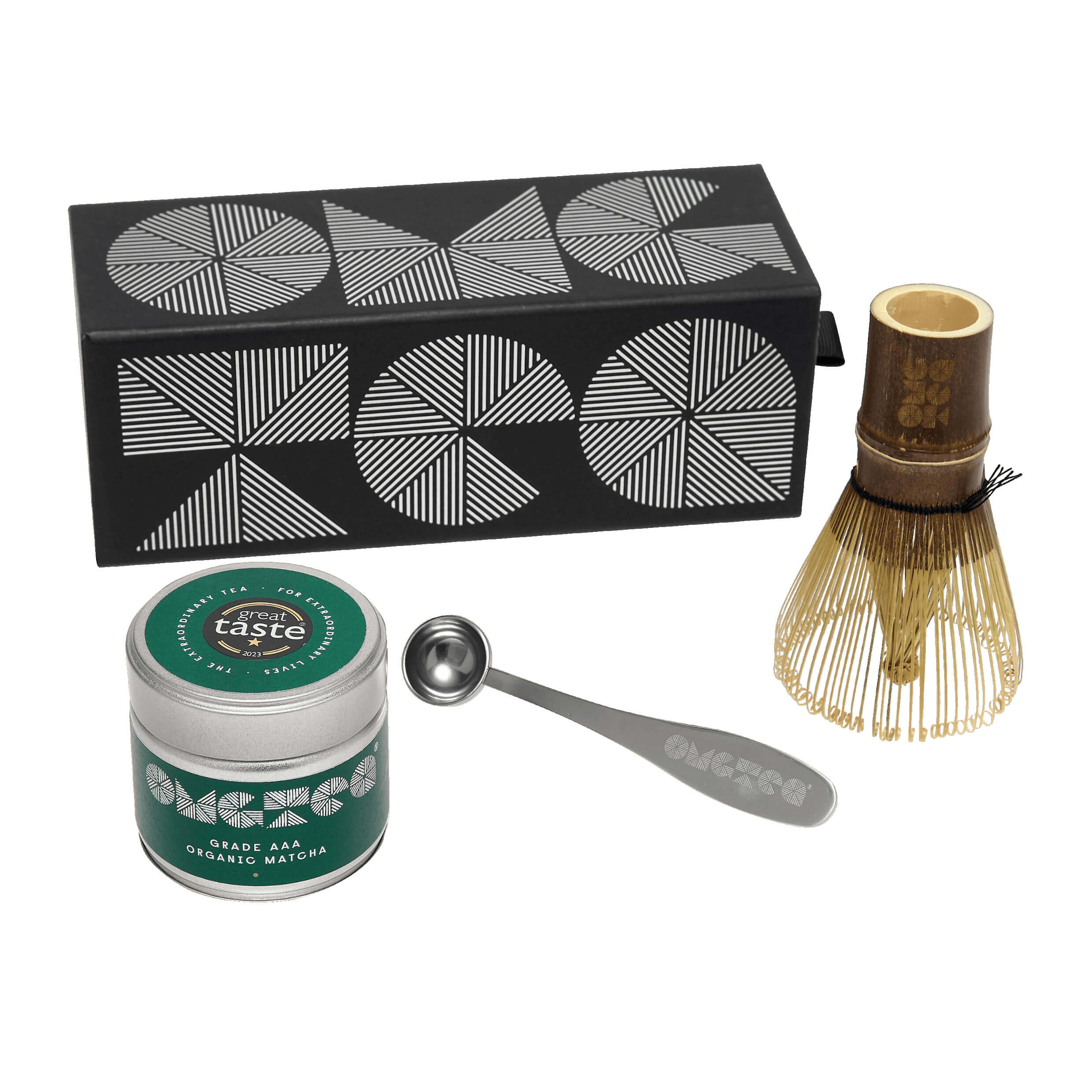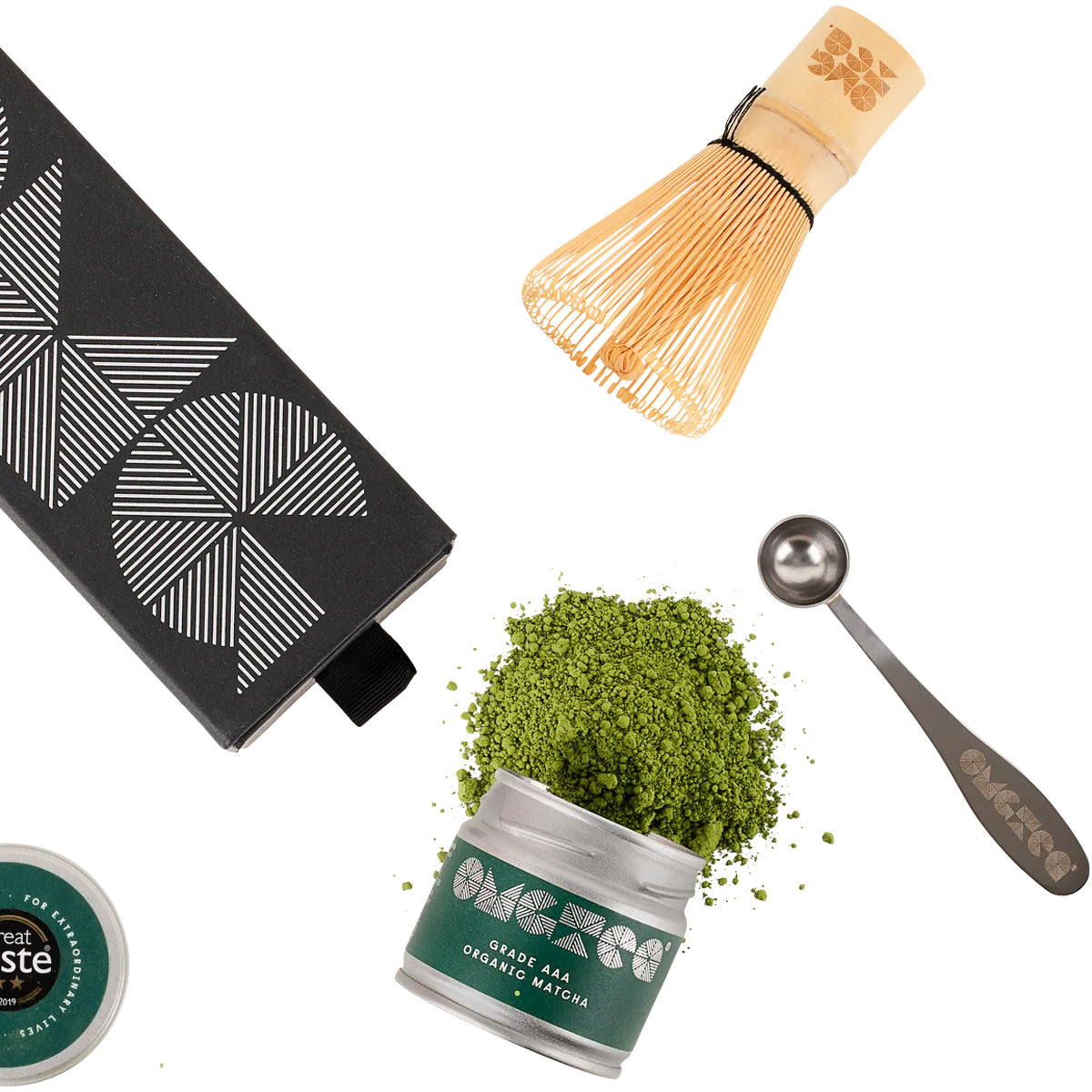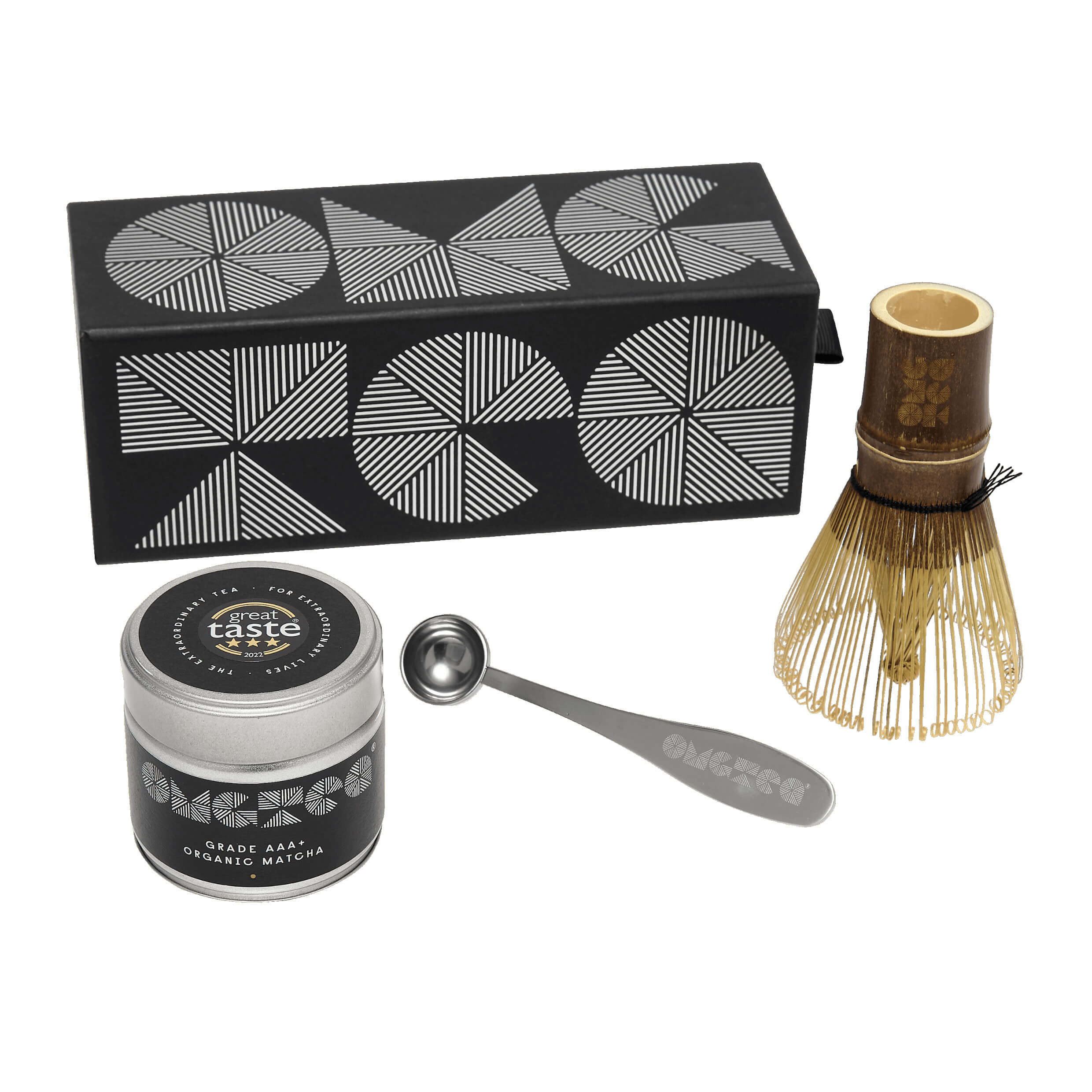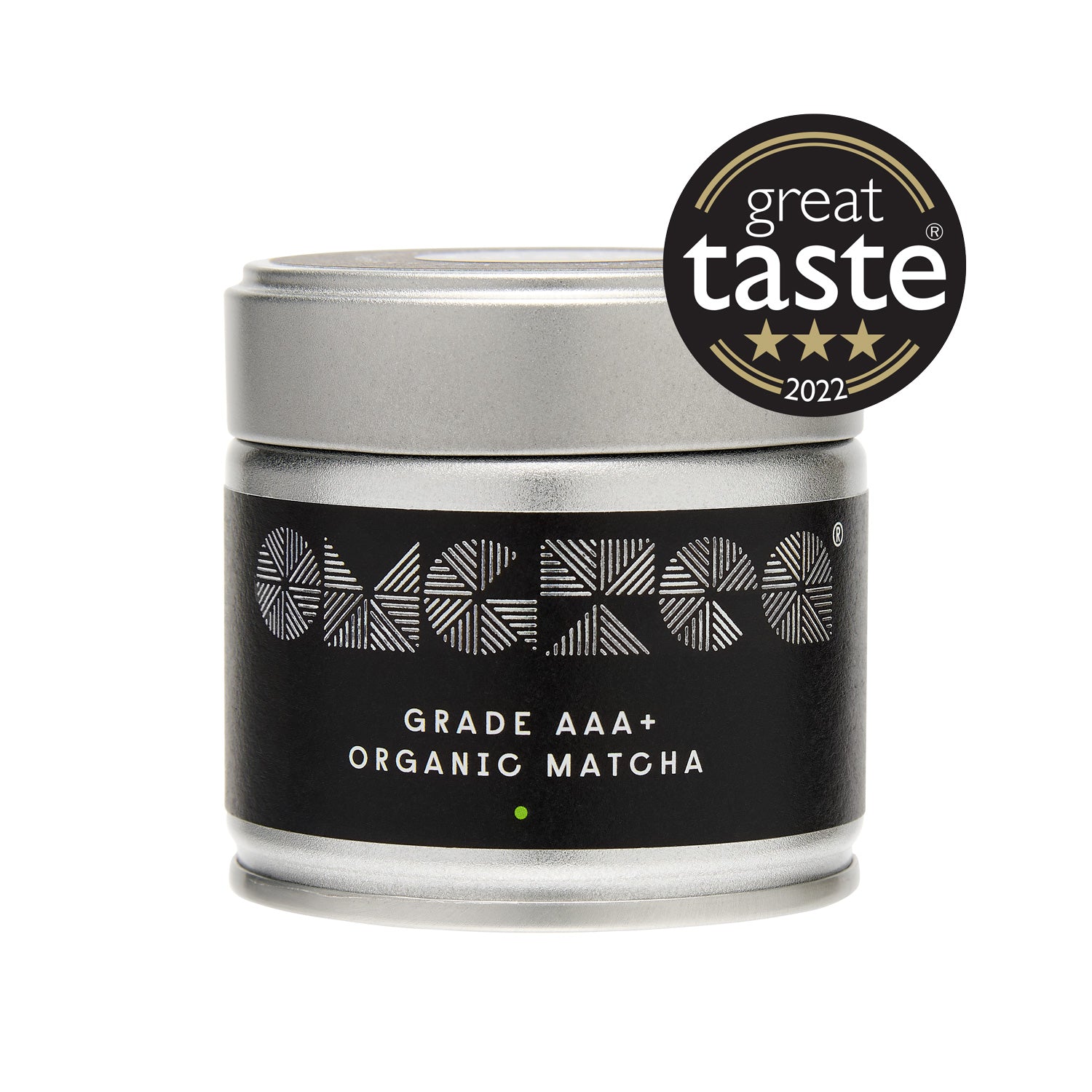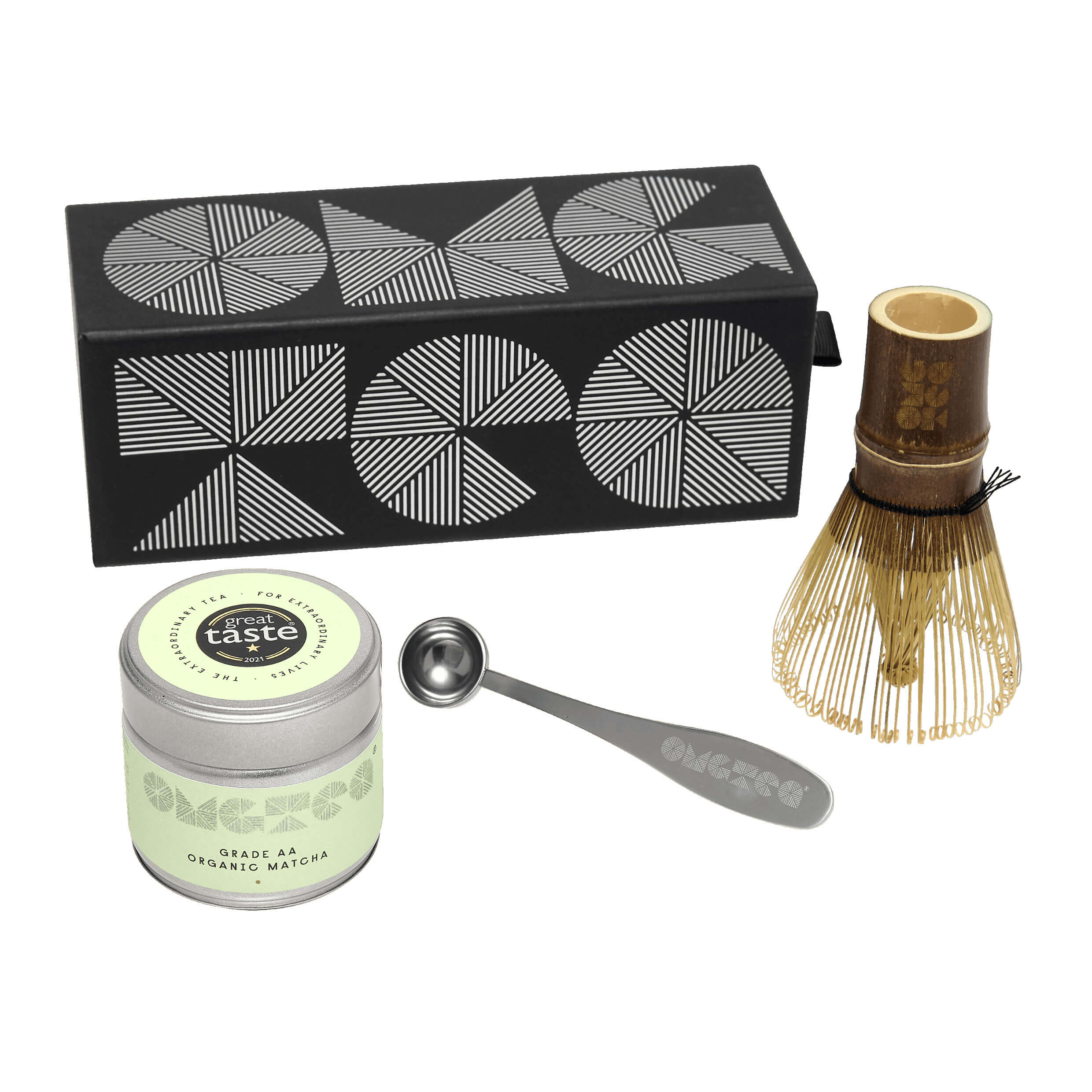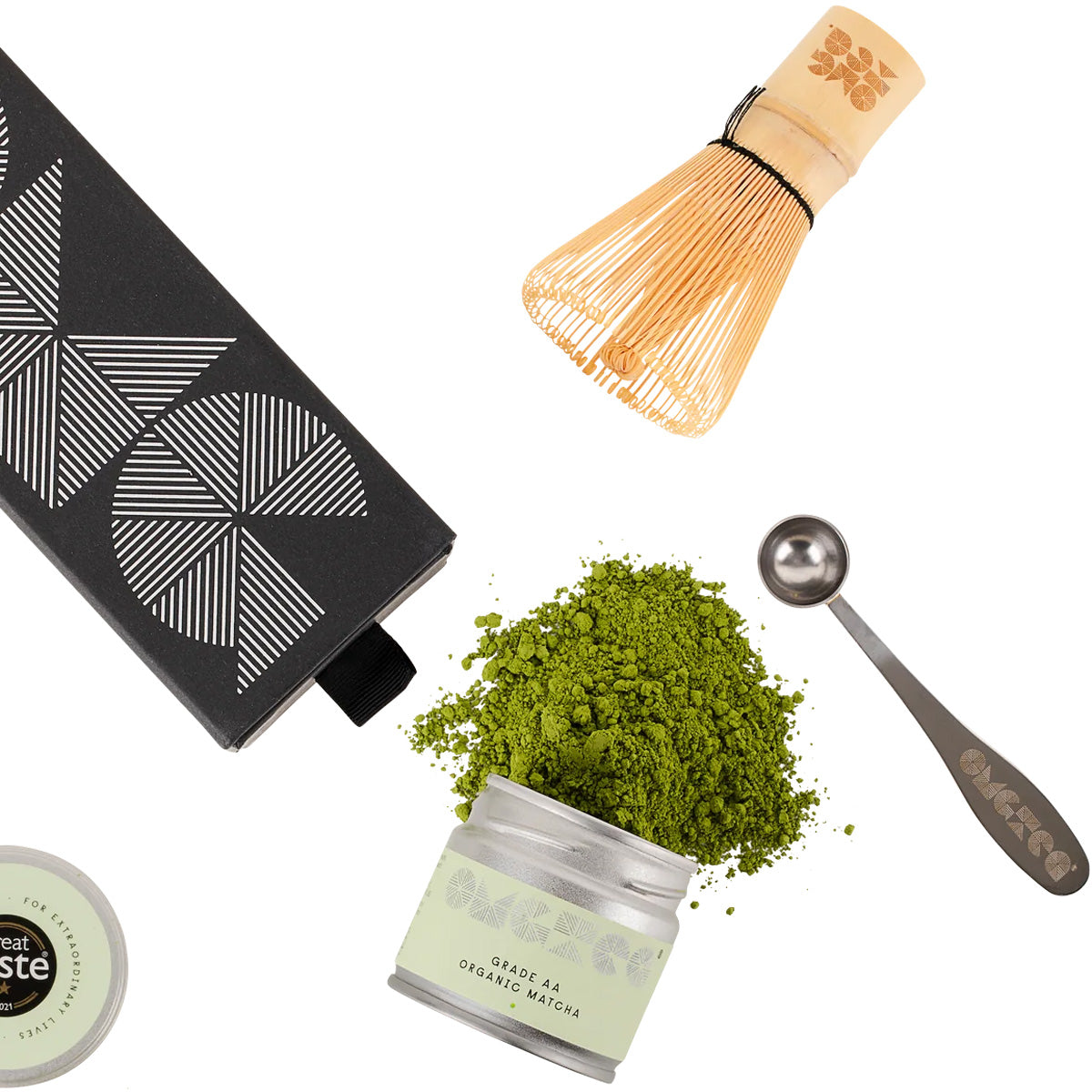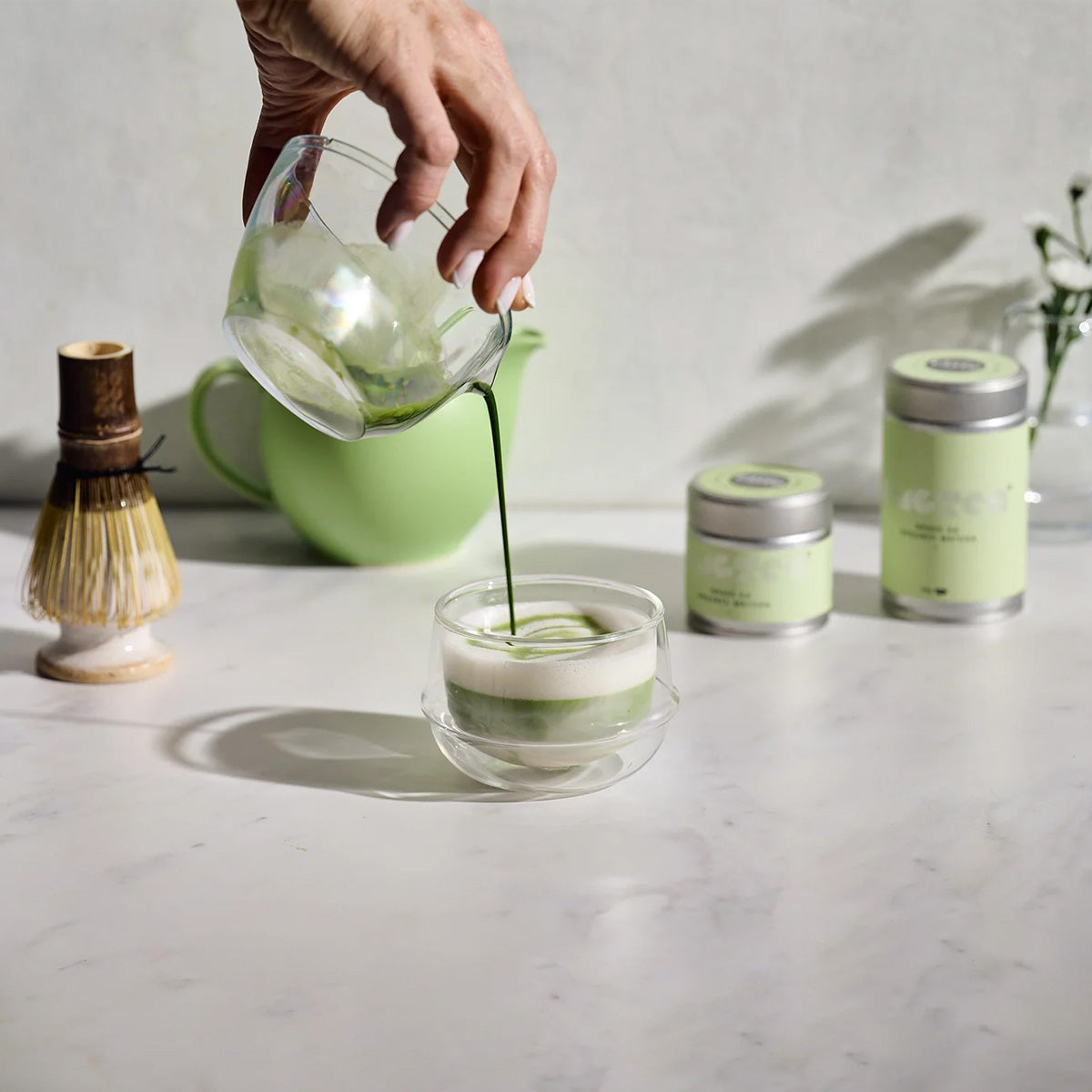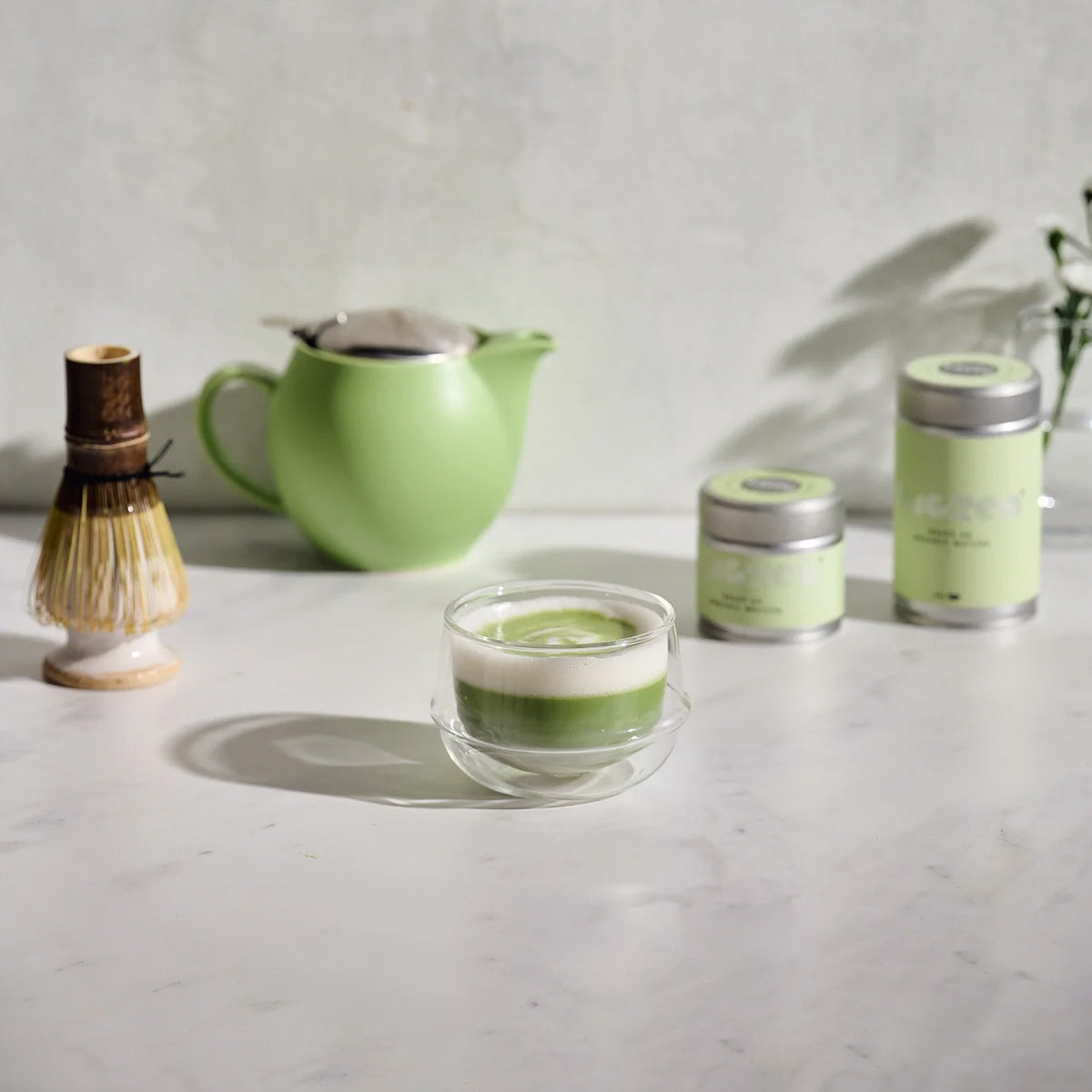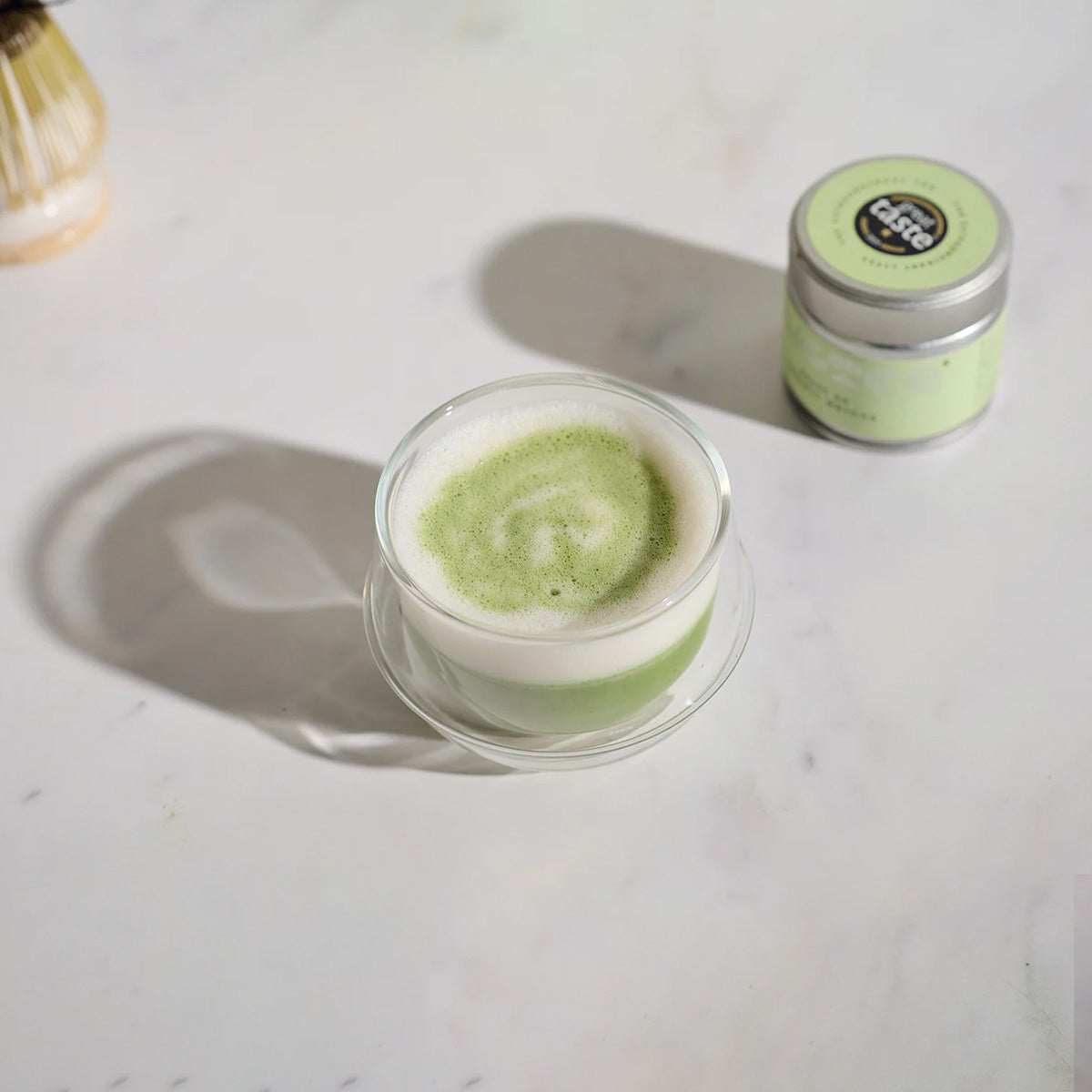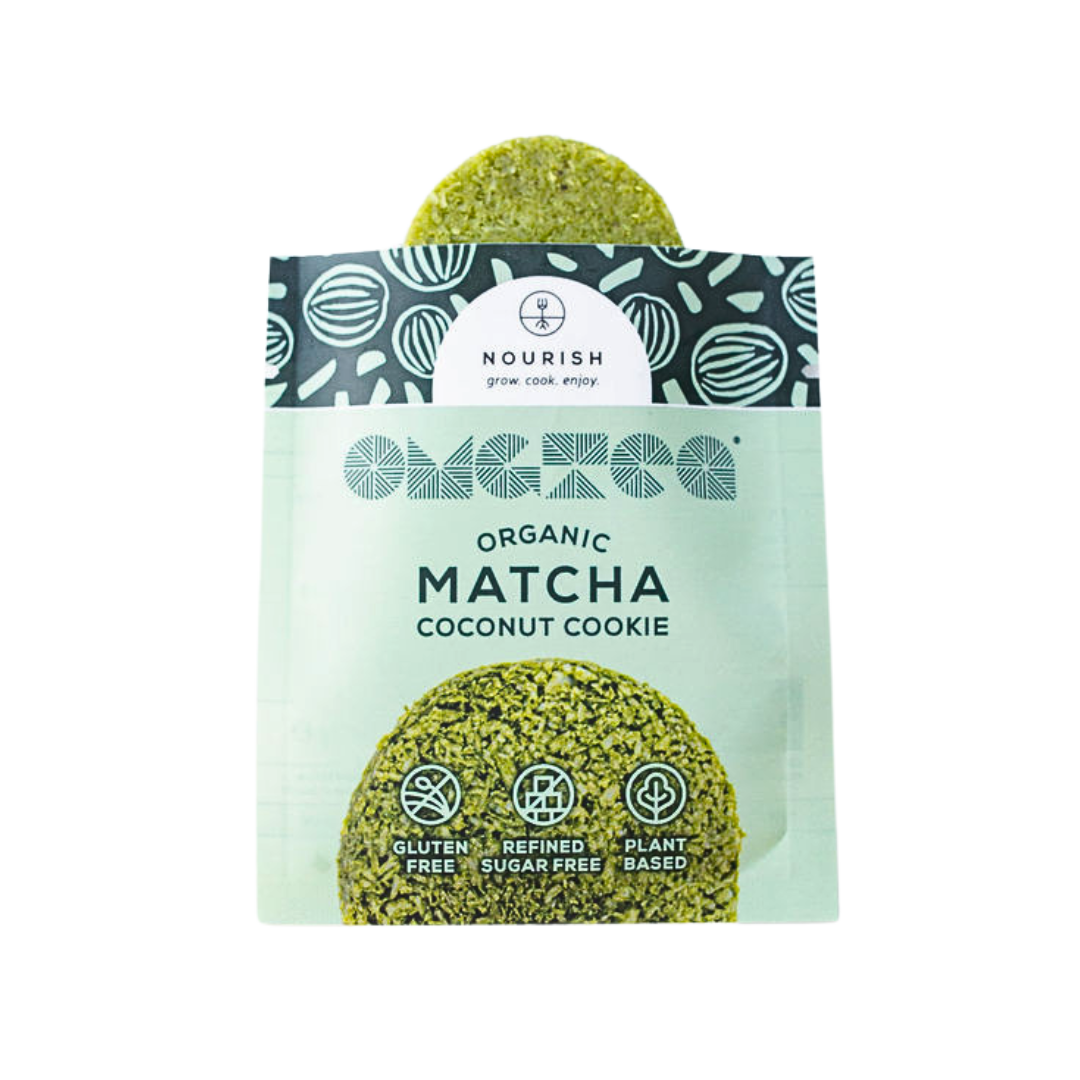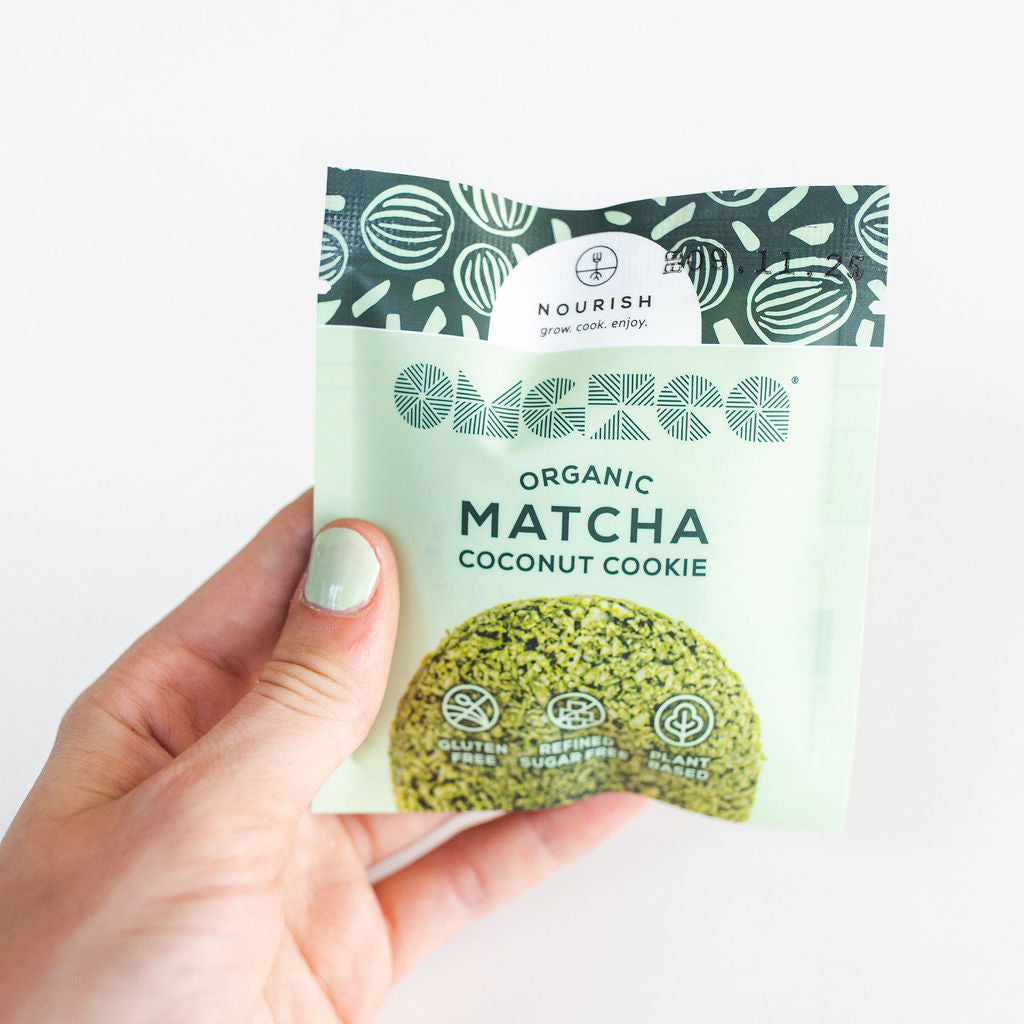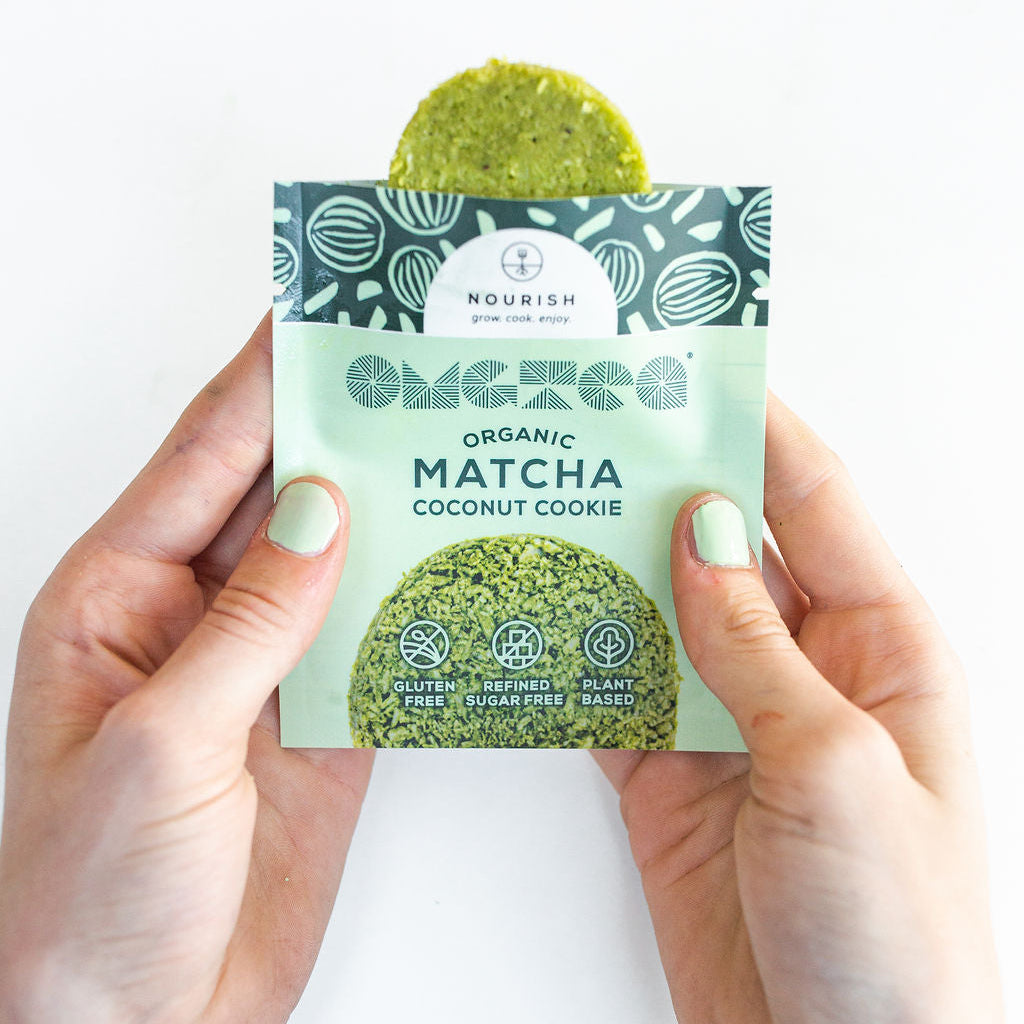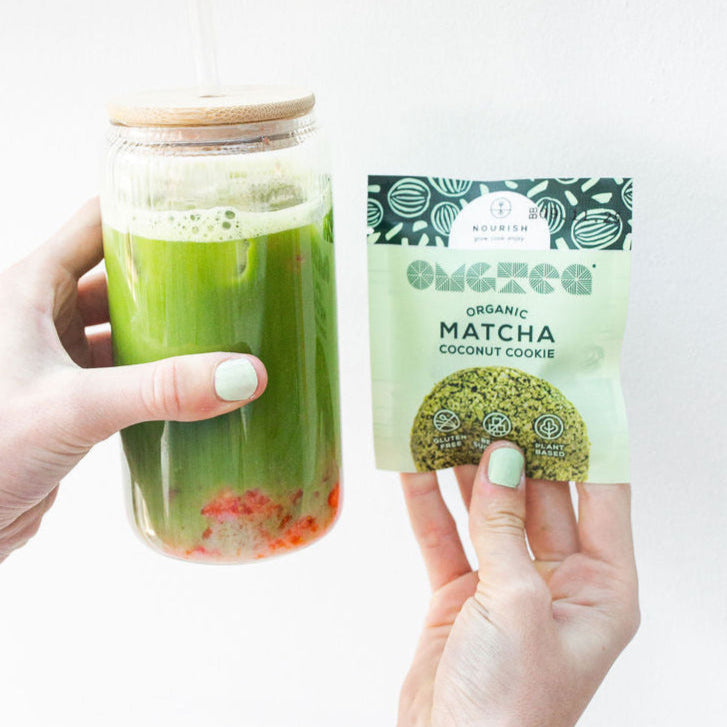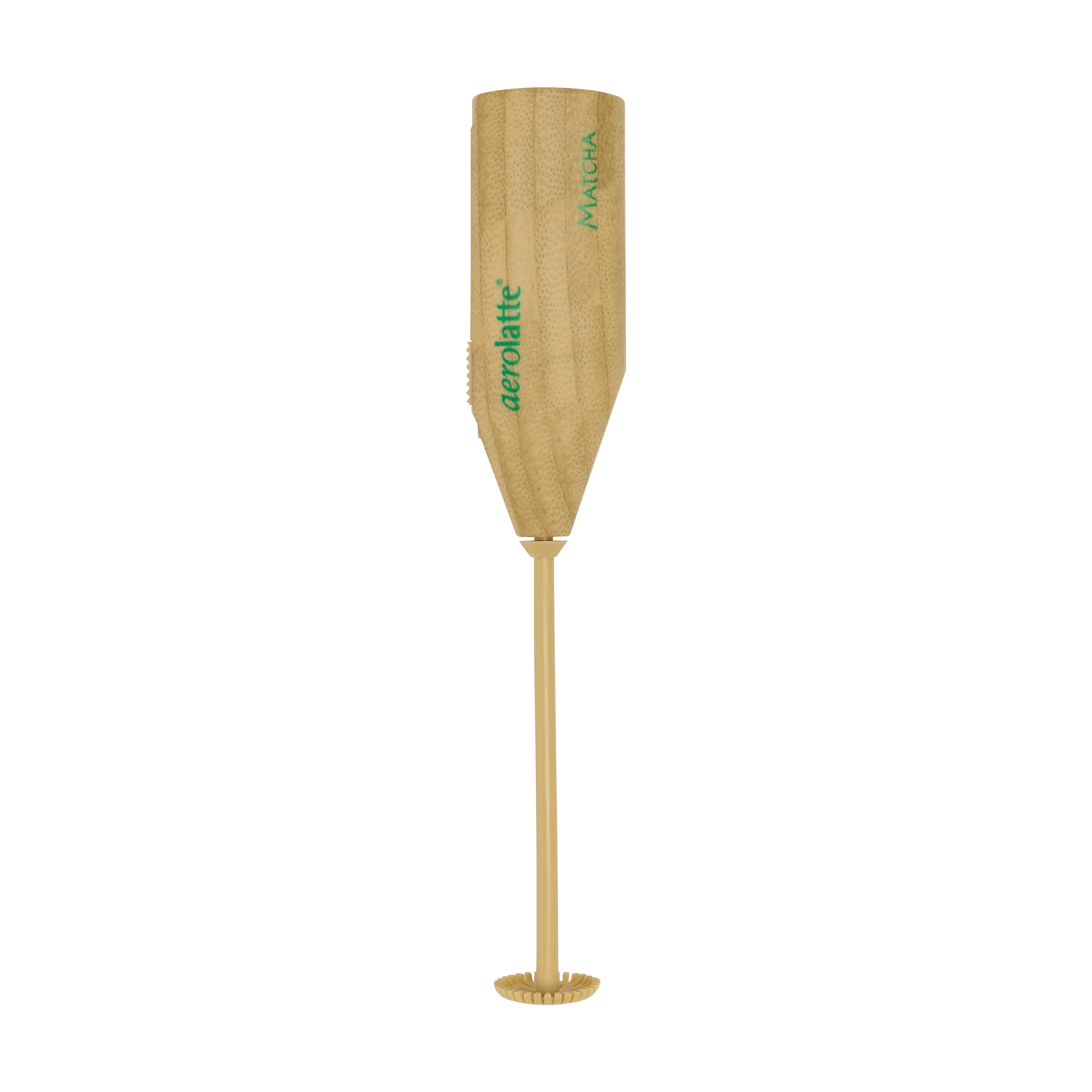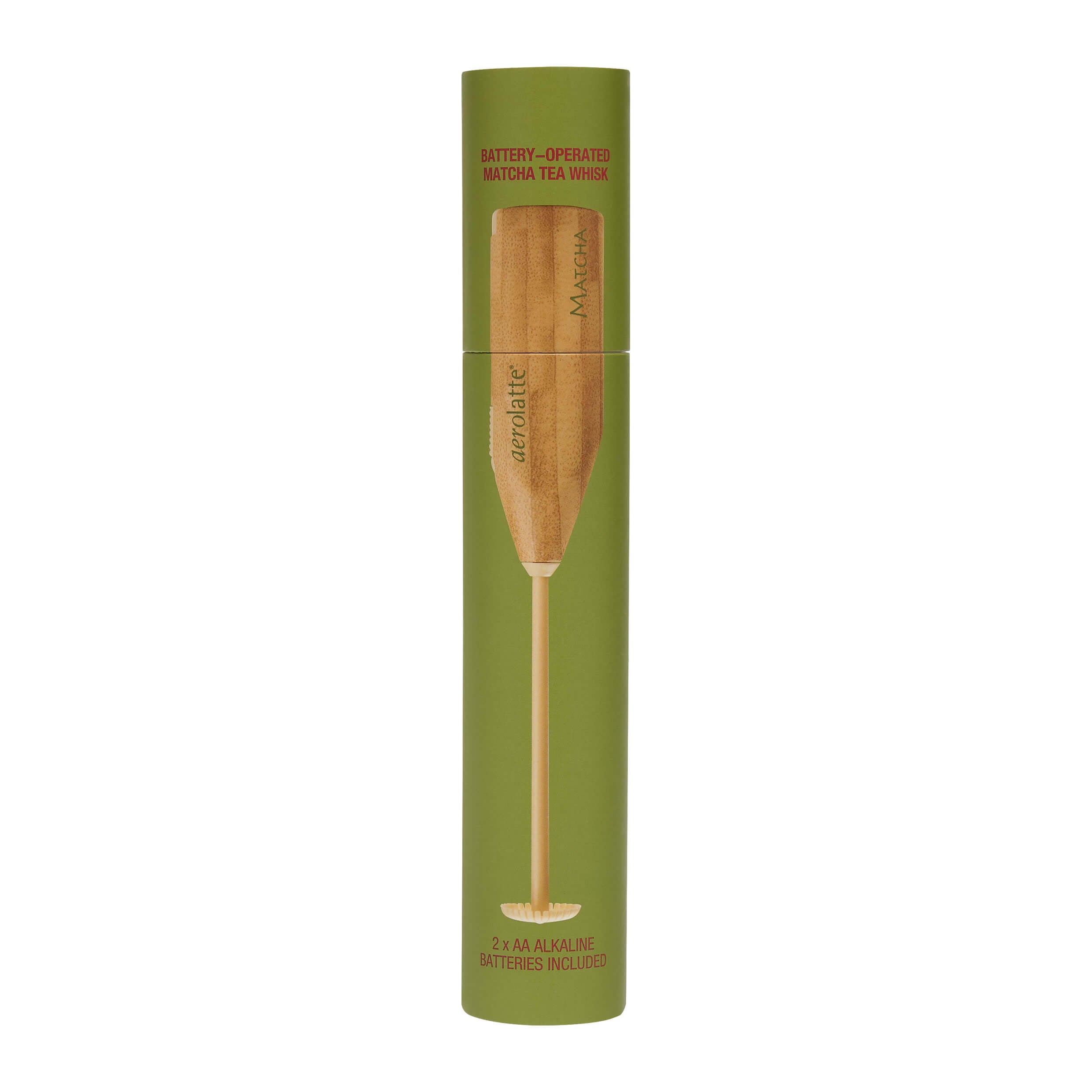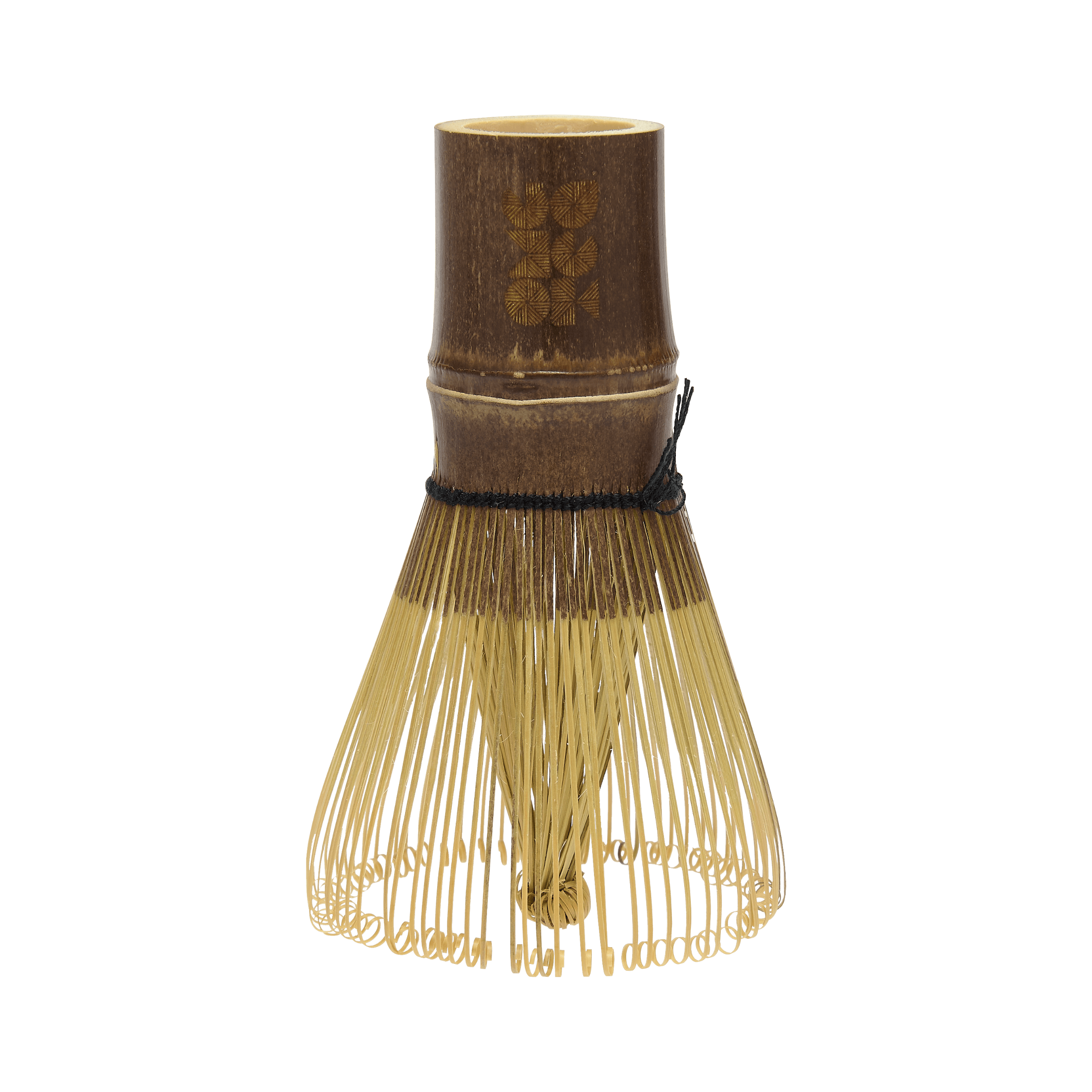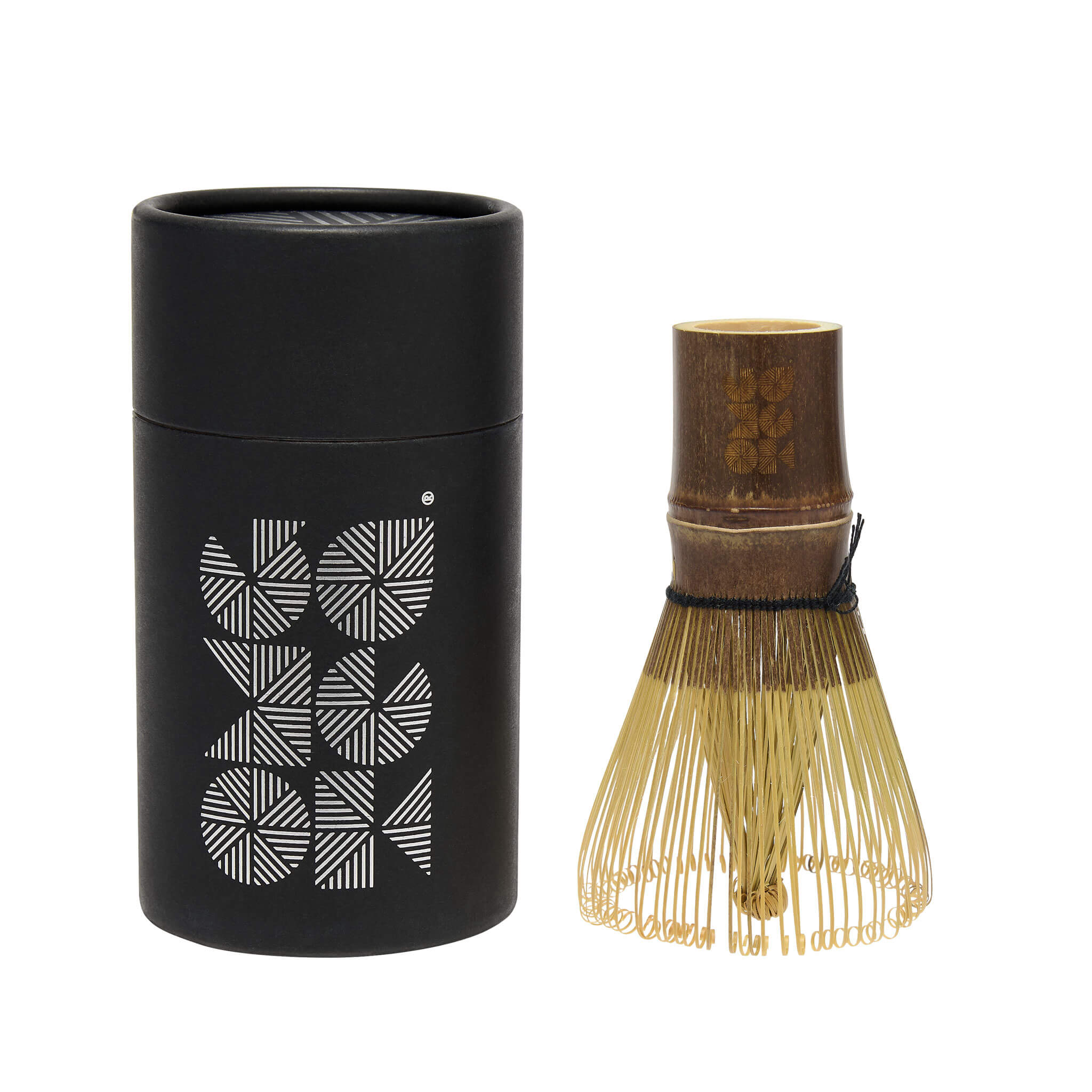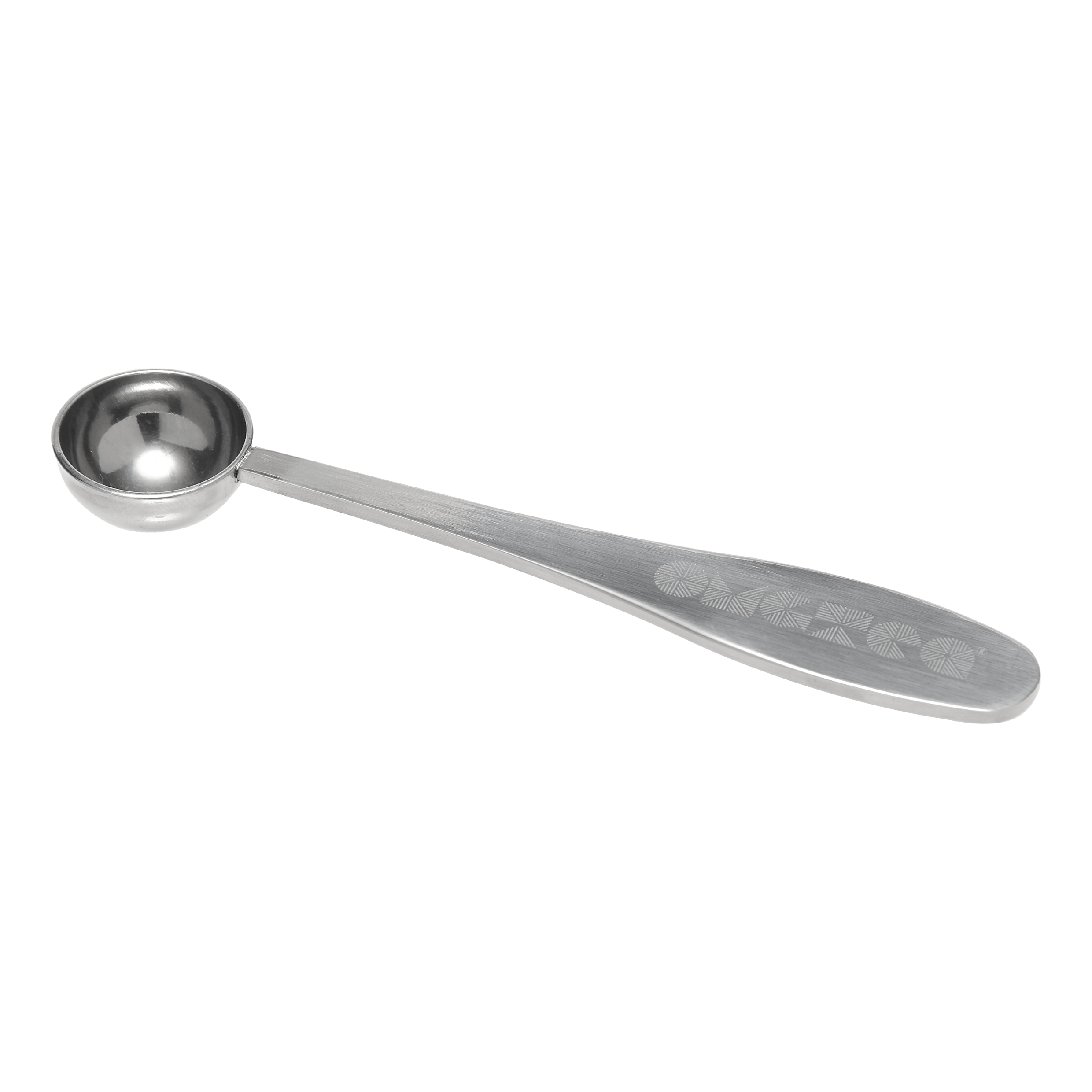
Okay friends, it’s time to get real. This question comes up quite a bit and despite not being the easiest subject to address, we thought it was time to explore the effect of matcha tea on our bowels in a bit more detail.
Many of us swear by our morning cup of a matcha as not only a way to wake us up in the morning but also at getting our bowels moving. There isn’t a lot of conclusive evidence or dedicated research on the topic so it’s hard to say for sure if it’s specifically the matcha doing the work or if there are other contributing factors. So, we have done a bit of our own research on the topic and have listed below some of the reasons why drinking matcha regularly may be supporting our digestive health.
Hydration is a Factor
Good hydration is one of the most important factors in a healthy diet. Drinking enough liquids to keep the fluid levels in the body topped up supports our bodily functions and it’s a well-known fact that drinking more fluids can help to prevent and relieve constipation.
Extra fluids, including matcha green tea, in the stool makes it softer and helps it to pass more smoothly. In fact, being low on fluids is a common cause of constipation so simply keeping ourselves hydrated via our daily matcha tea and in combination with water or other healthy drinks, will be helping to keep us regular.
Warm Fluids Get Things Moving
It’s not just the consumption of fluids that may be helping to keep things moving, the fact that matcha is usually consumed warm, could also be contributing.
According to Felice Schnoll-Sussman M.D., a gastroenterologist at the Weill Medical College of Cornell University, “any warm beverage can help stimulate a bowel movement, including a cup of tea or even hot water. The warm liquid acts as a vasodilator,” she says. “It widens blood vessels in the digestive system and helps increase blood flow and GI activity.” (source: Runners World)
The Impact of Caffeine
Caffeine has long been associated with moving digestion along and with 34mg of caffeine per 1 gram serving of matcha, it could certainly be having an impact on our movements.
Studies have shown that caffeine can activate contractions in your colon and intestinal muscles and that caffeine makes the colon 60% more active than water.
When combined with a high level of antioxidants, the effect is likely even greater. Which brings us to our last contributing factor…
Antioxidants Help to Eliminate Waste
The liver and the kidneys are some of the most essential and hardworking organs in the body. They carry out numerous functions including the excretion of waste and processing of metabolic wastes in the body.
Matcha contains an extraordinary level of antioxidants, 16 times that of the popular superfood blueberries and 137 times more of the antioxidant known as EGCG vs. regular green tea (ORAC test, Brunswick Laboratories). EGCG is a part of the antioxidant family known as catechins, which have been linked to better heart health, improved aging, and a healthy metabolism.
The powerful antioxidants found in matcha can help to support your kidneys and liver and reduce the oxidative stress on them so that your body is more effective at flushing out waste and harmful toxins. However, it’s important to note that researchers haven't found that EGCG has a laxative effect.
In Summary
Some matcha drinkers may find that they poop more easily when they drink matcha tea however, there doesn’t appear to be any specific scientific research that conclusively proves this.
Good hydration, the temperature of the matcha, the high level of antioxidants and the presence of caffeine may all be contributing factors in our gastrointestinal activity but as with anything, it will vary from person to person.
If you should have concerns about your gastrointestinal health, you should consult a doctor.
